The Importance of Chess Scorebooks
Chess, known for its intricate strategies and deep thinking, is not just a game but a complex battle of wits. One crucial yet often overlooked aspect of enhancing one's chess skills is the diligent use of chess scorebooks. These practical tools not only help players record moves but provide a meticulous way to study games, recognize patterns, and improve strategies. In this article, we delve into the various reasons why keeping a chess scorebook is fundamental for any serious chess player, along with discussing how it can help elevate their game.
Recording for Reflection and Analysis
One of the primary uses of a chess scorebook is to record every move made during a game. This allows players to revisit and analyze their games after they have finished. By doing so, players can objectively view their strategies, mistakes, and moments of brilliance, giving them a clear roadmap of areas that require improvement. Furthermore, analyzing recorded games can help in understanding an opponent's strategy, providing a significant advantage in rematches.
Legal and Official Requirements
In official chess tournaments, recording moves in a scorebook is often a requirement. The recorded game serves as a legal document that can be referred to if disputes arise during a game. For example, if there is a disagreement about a move or sequence of moves, the scorebook acts as an irrefutable reference. Beyond dispute resolution, completed scorebooks are also used for official purposes such as ranking, ratings, and historical records.
Educational Tool
Scorebooks serve as excellent educational tools, especially for coaches and chess instructors. They allow educators to track the progress of their students by reviewing past games, identifying recurring issues, and tailoring future lessons accordingly. For students, keeping a scorebook encourages discipline and a deep understanding of the game’s dynamics. It also helps them develop a habit of mindfulness and strategic planning, as they learn to anticipate and counter opponents' moves logically.
Historical and Sentimental Value
On a more nostalgic note, scorebooks carry historical and sentimental value. They chronicle a player's journey—including their triumphs, failures, and growth. For professional players, their scorebooks contain the history of their professional journey, often showcasing their progress from local competitions to grand international stages. For recreational players, these books serve as a personal archive, holding memories of games played with friends, loved ones, or at significant events.
Improvement of Concentration and Focus
Writing down moves in a scorebook requires a sharp focus and undivided attention, which in turn enhances overall concentration levels during a game. This practice helps in reducing blunders caused by a lack of focus. The act of recording also solidifies the memory of the moves in the player's mind, which can be beneficial in developing better recall and understanding of game patterns and positions.
Strategic Development and Pattern Recognition
Another significant advantage of using a scorebook is the ability to identify patterns and trends in one’s gameplay. By consistently recording and reviewing games, players can observe recurring openings, middle game strategies, or endgame techniques. Acknowledging these patterns enables players to refine their strategies and develop new ones. Moreover, advanced players can analyze opponents' scorebooks to prepare specifically tailored strategies against them in future matches.
Choosing the Right Chess Scorebook
When selecting a chess scorebook, consider the following factors:
- Size and Portability: The scorebook should be easy to carry, especially if a player participates in tournaments frequently.
- Usability: It should have a clear, user-friendly format with enough space to record notations, timings, and additional observations.
- Durability: A good quality scorebook made of robust material is essential, as it will be frequently used and needs to withstand wear and tear.
- Style of Notation: It can be algebraic or descriptive notation based on the player’s comfort and level of expertise.
Not Just for Serious Players
While serious competitors are the most frequent users of chess scorebooks, amateur players also benefit significantly from using them. Casual players, including children and chess hobbyists, will find that keeping a scorebook enhances their enjoyment and understanding of the game. It offers a structured approach to learning chess, encouraging players of all levels to think and reflect on their game strategically.
Conclusion
Chess scorebooks are invaluable assets for anyone serious about improving their game. They support strategic growth, help maintain focus, and serve as a record of one’s chess journey. Whether you are a seasoned professional, a chess coach, or a hobbyist, integrating the habit of using a chess scorebook will undoubtedly enrich your experience and performance in the royal game.
Explore our large collection of beautiful chess sets!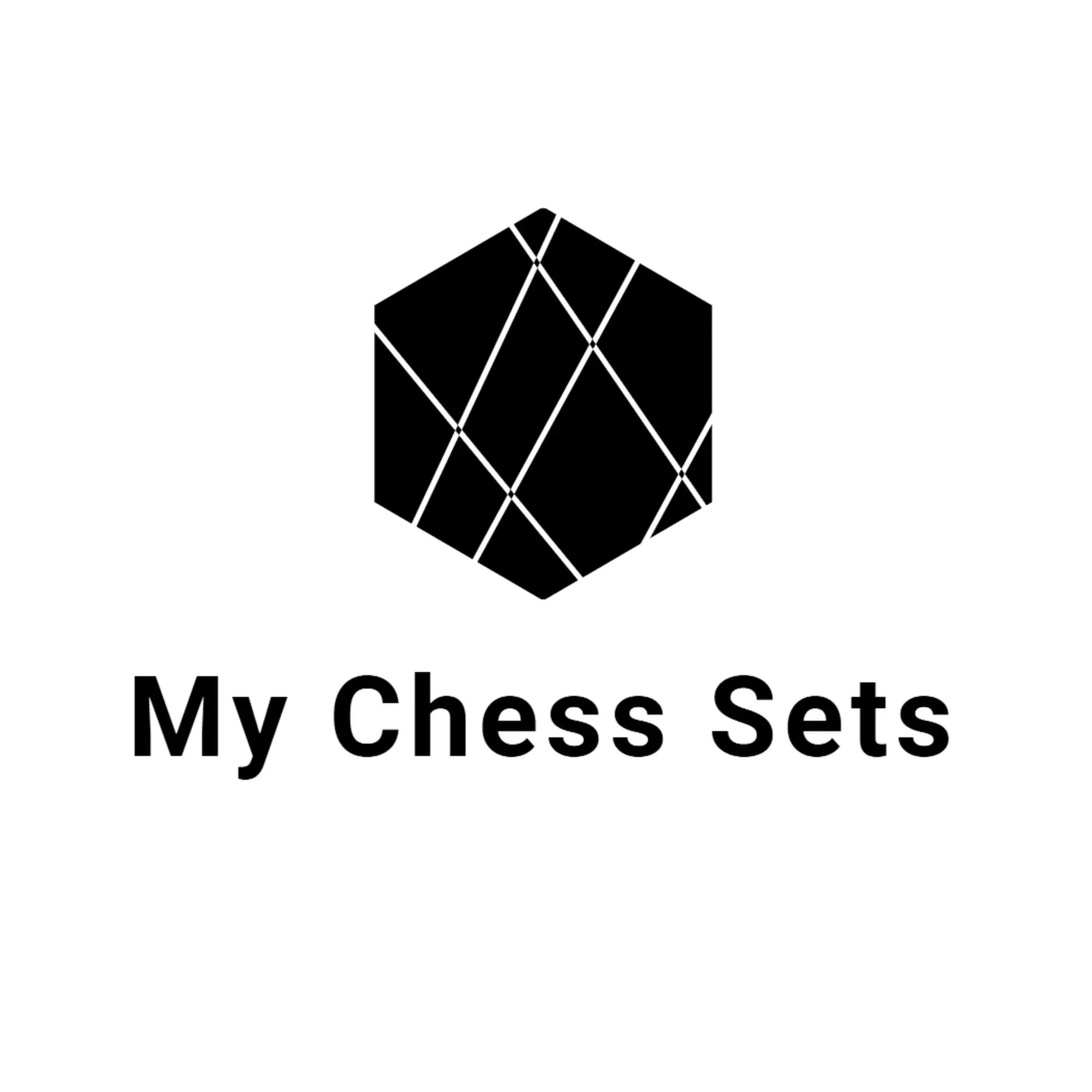
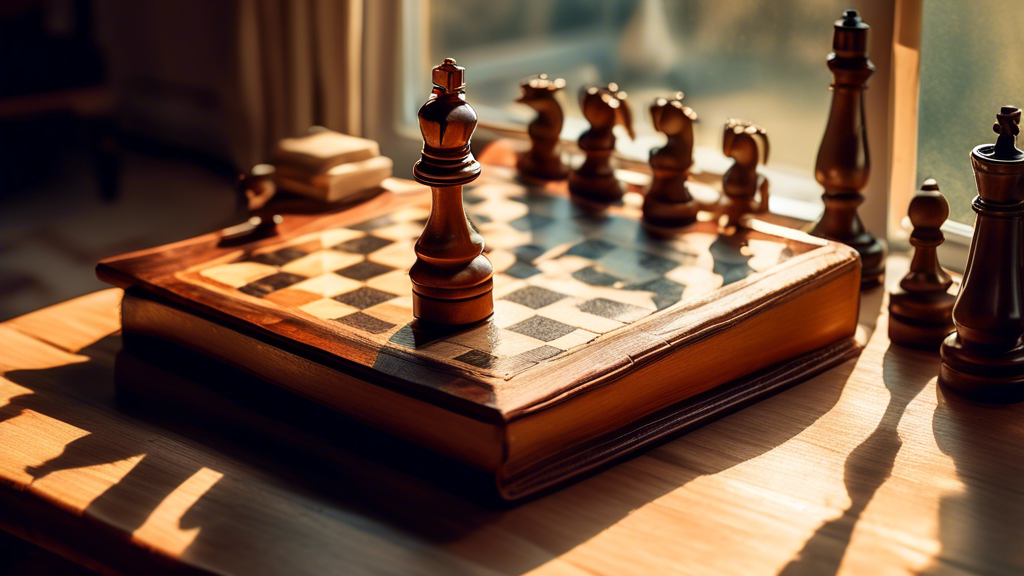
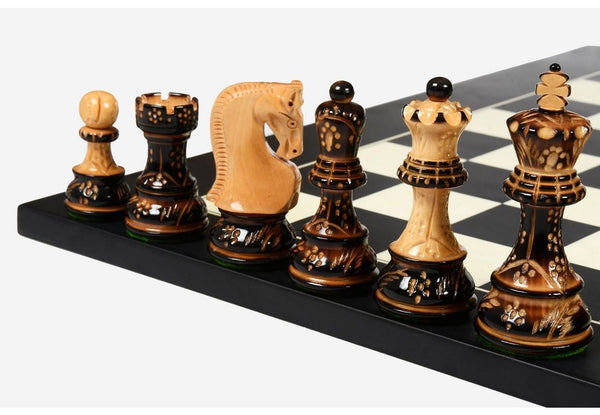
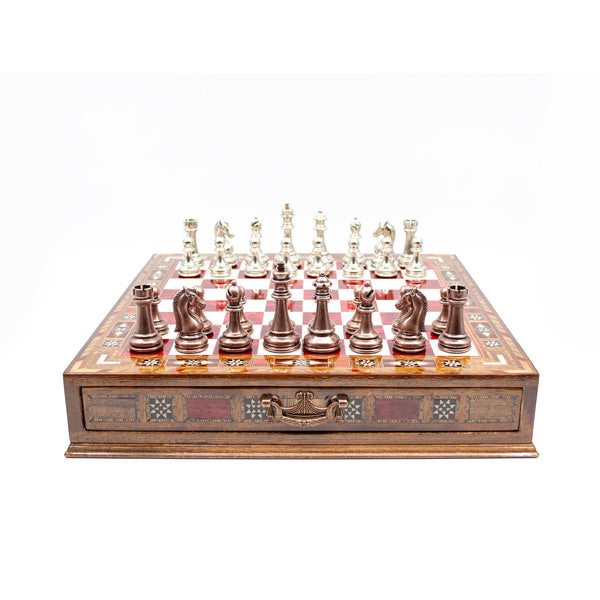
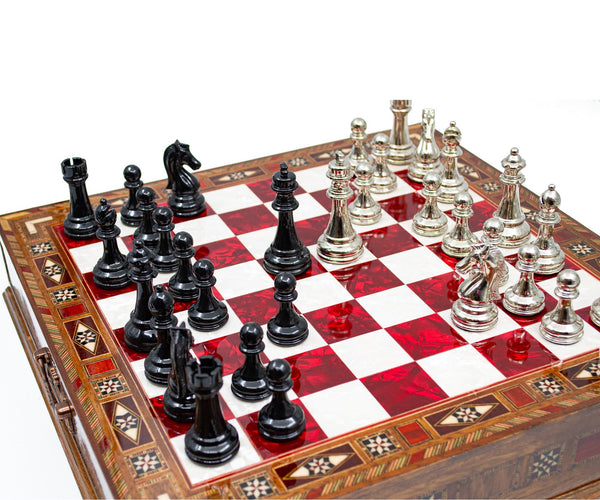
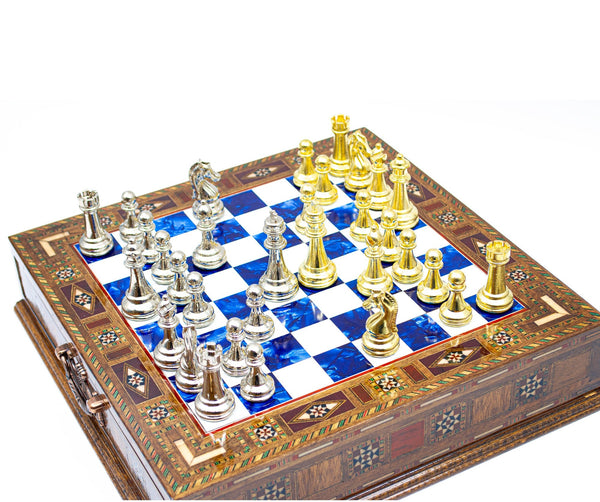
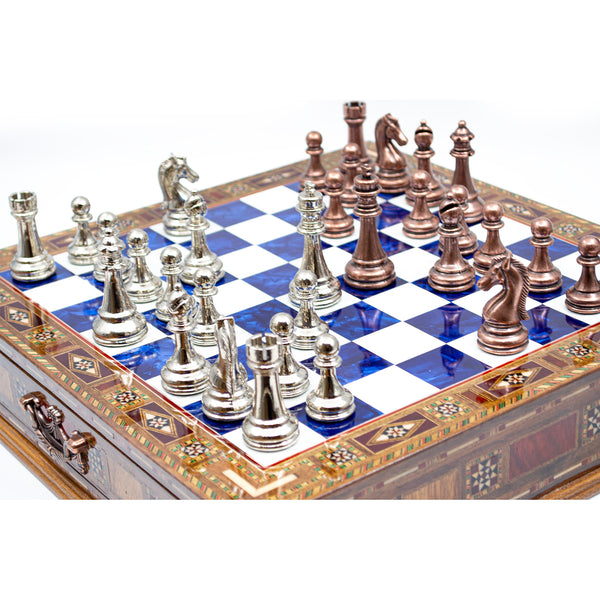
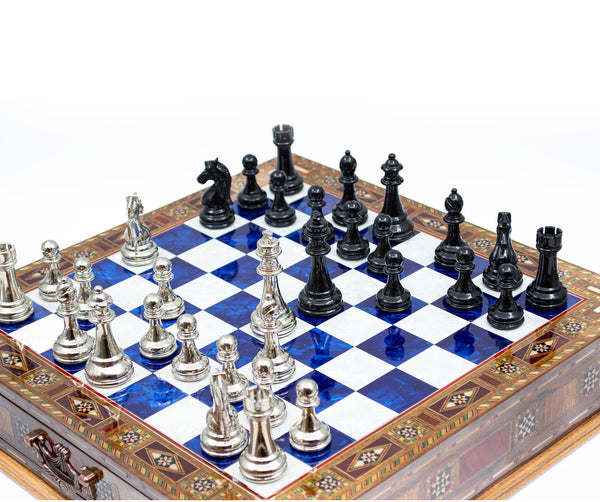
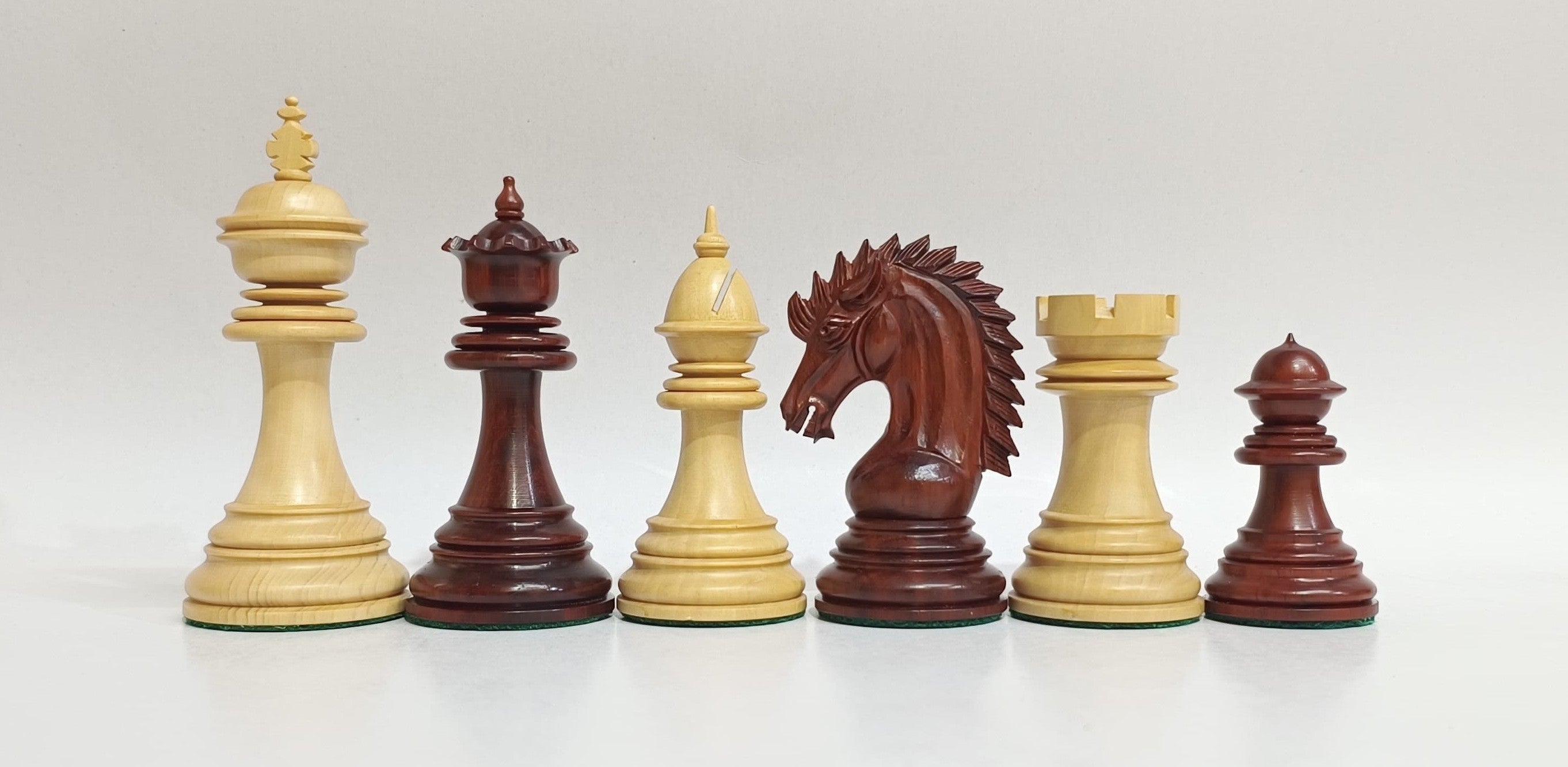
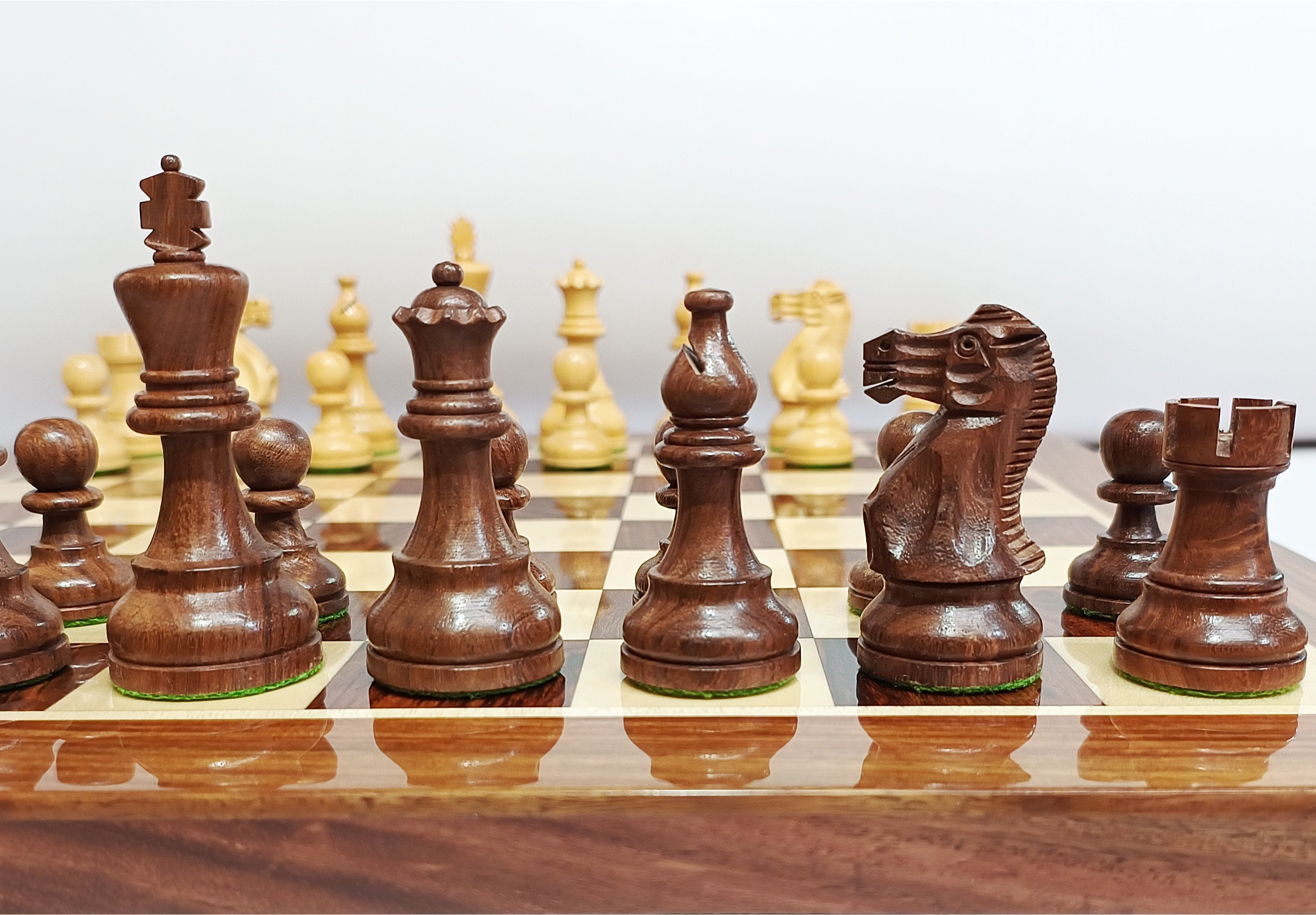
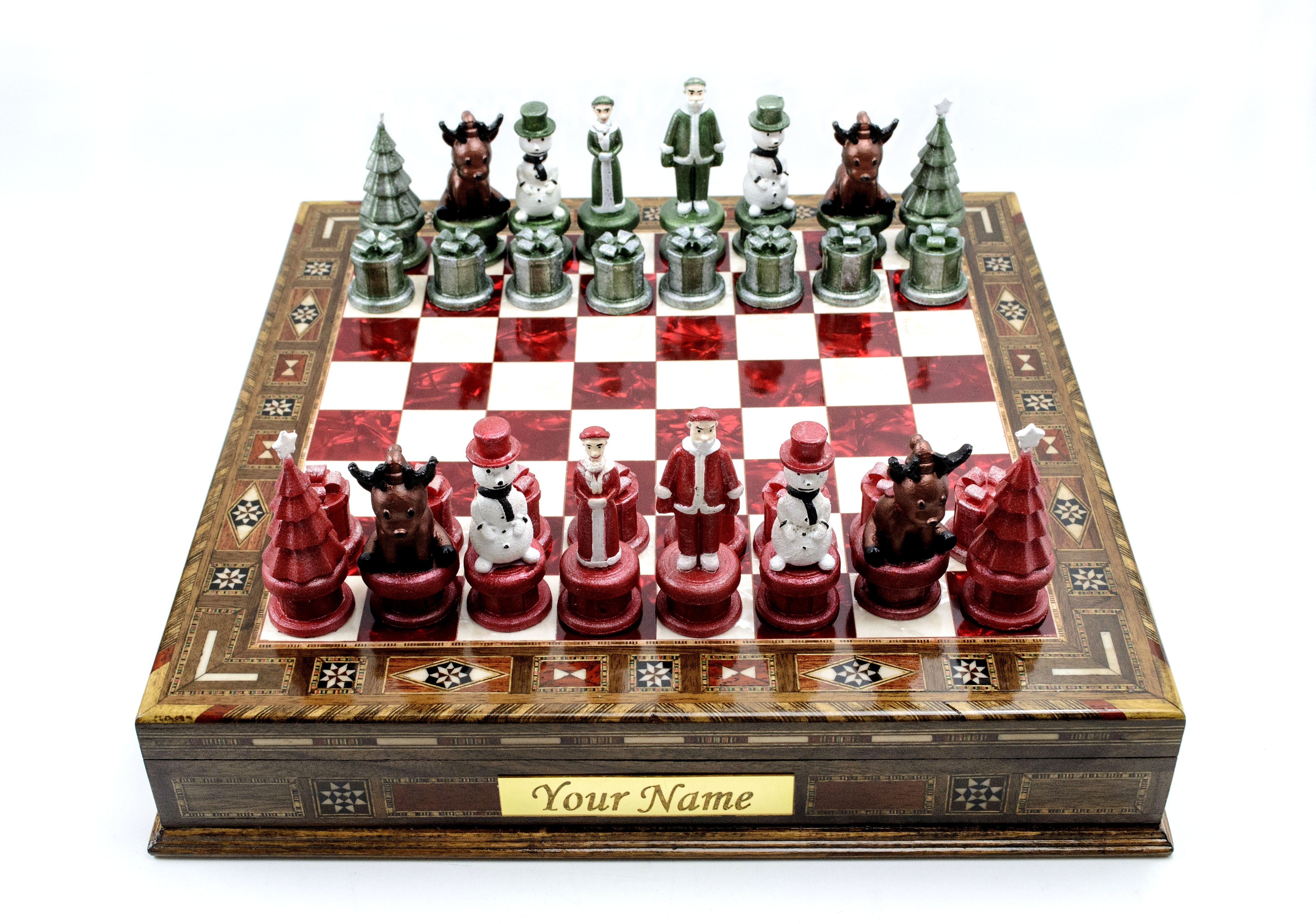
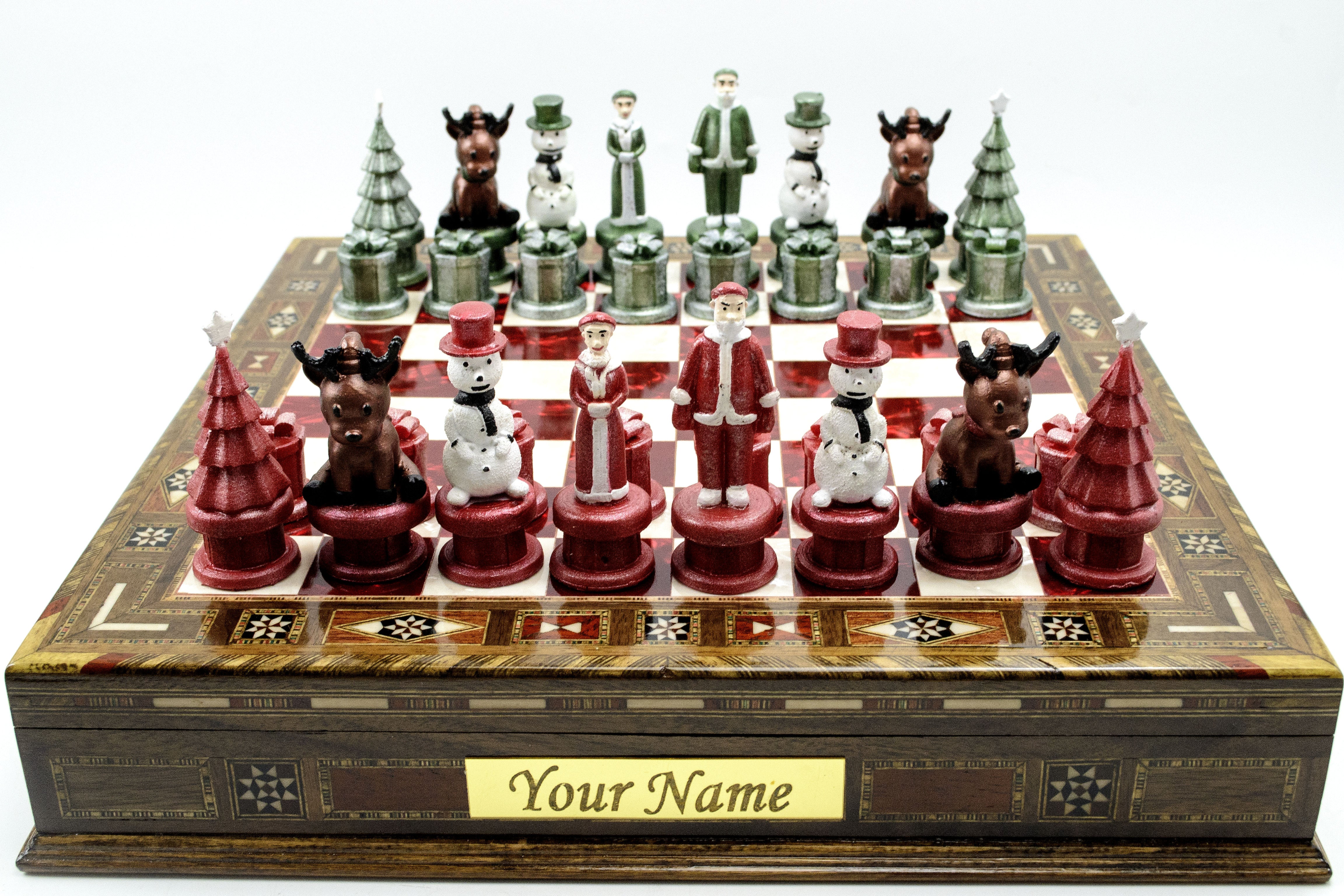
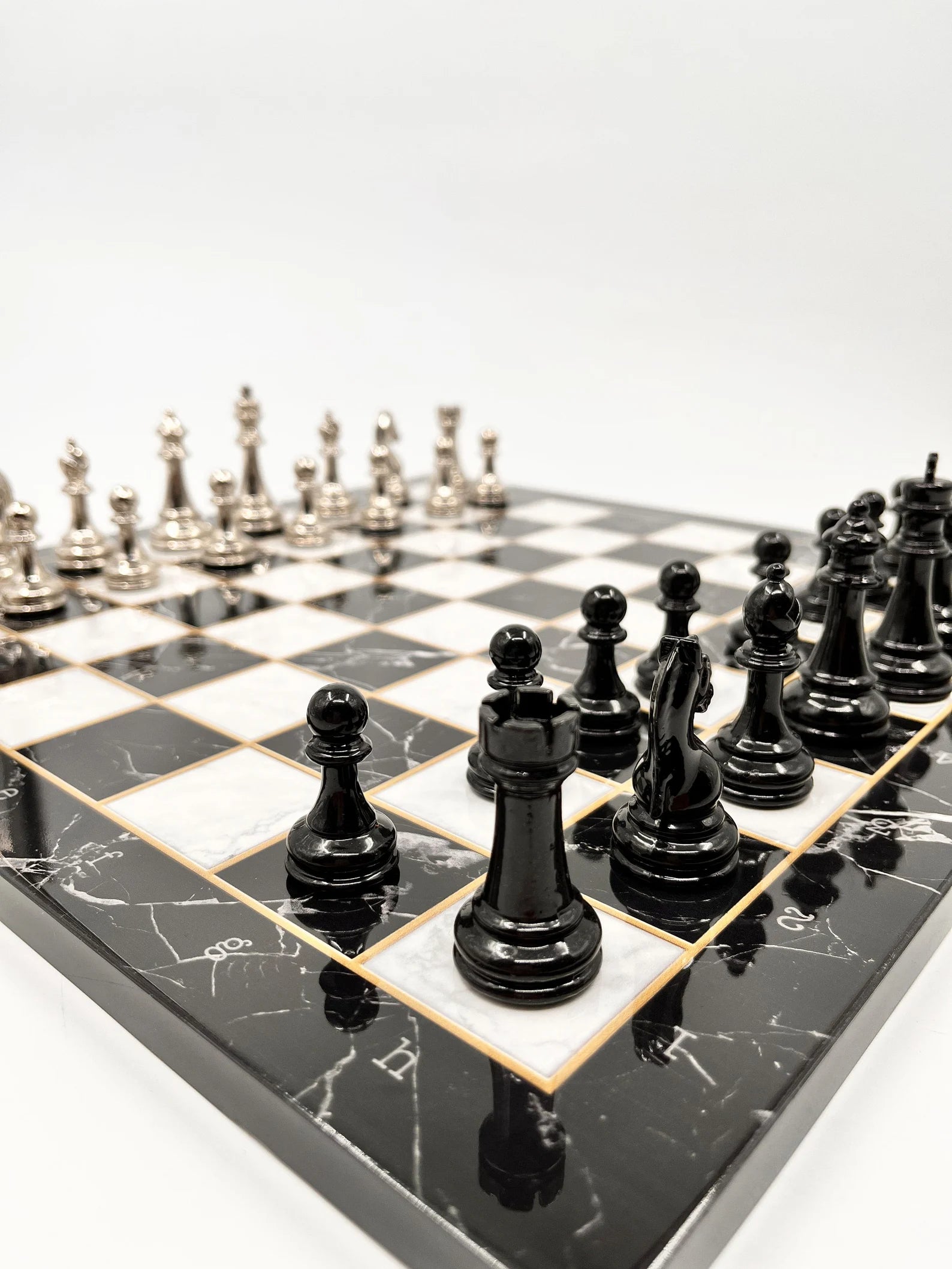
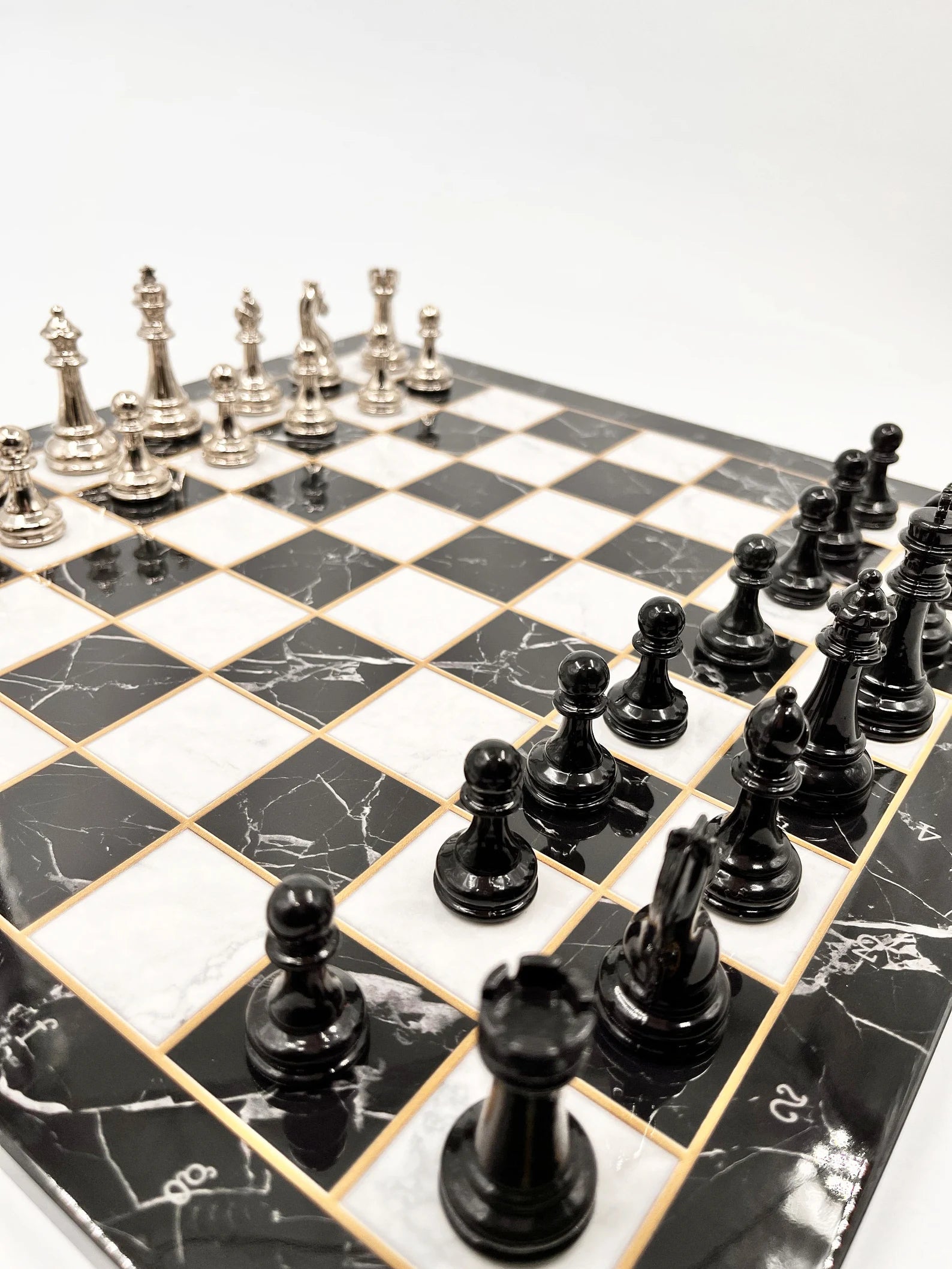
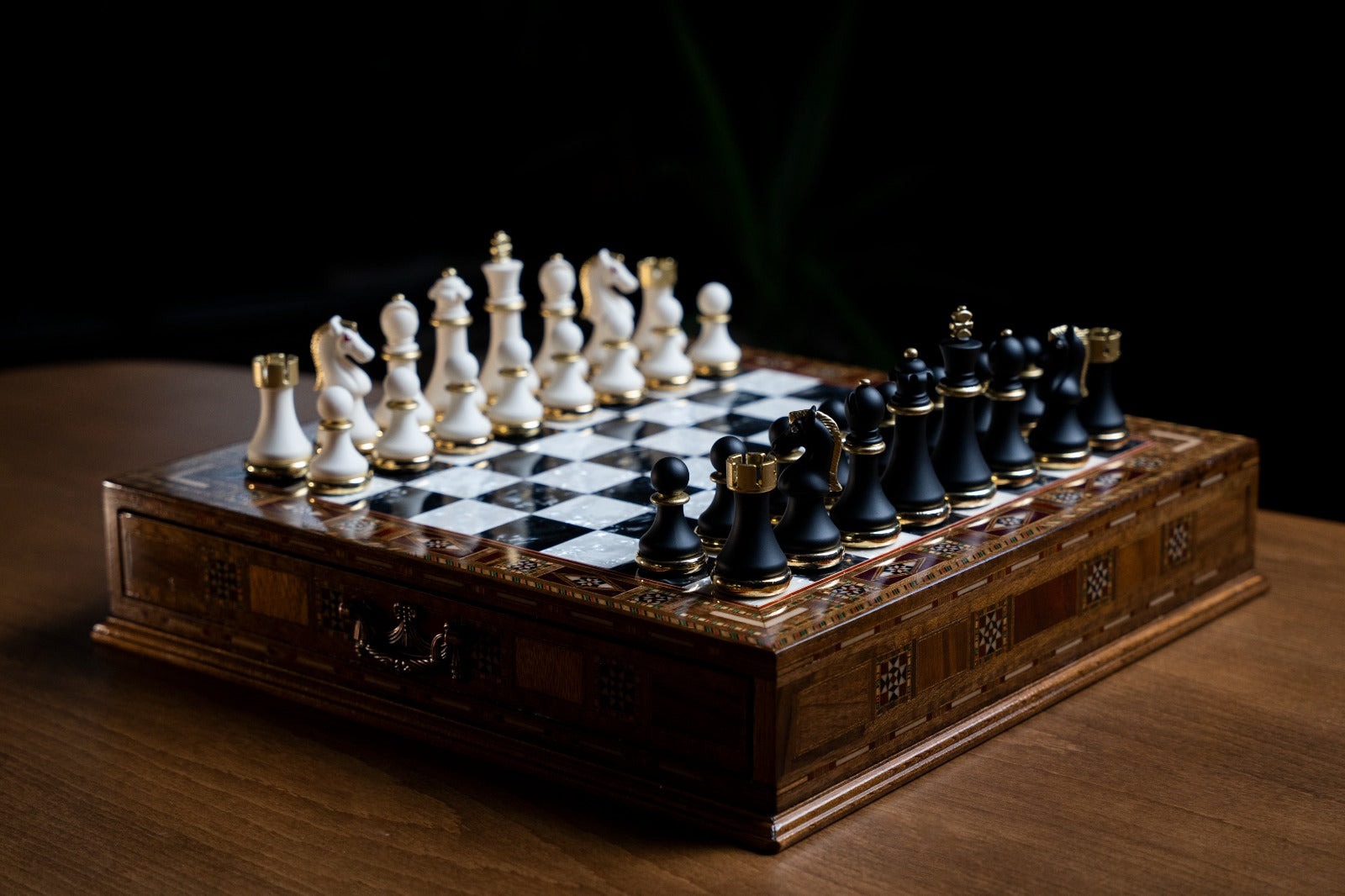
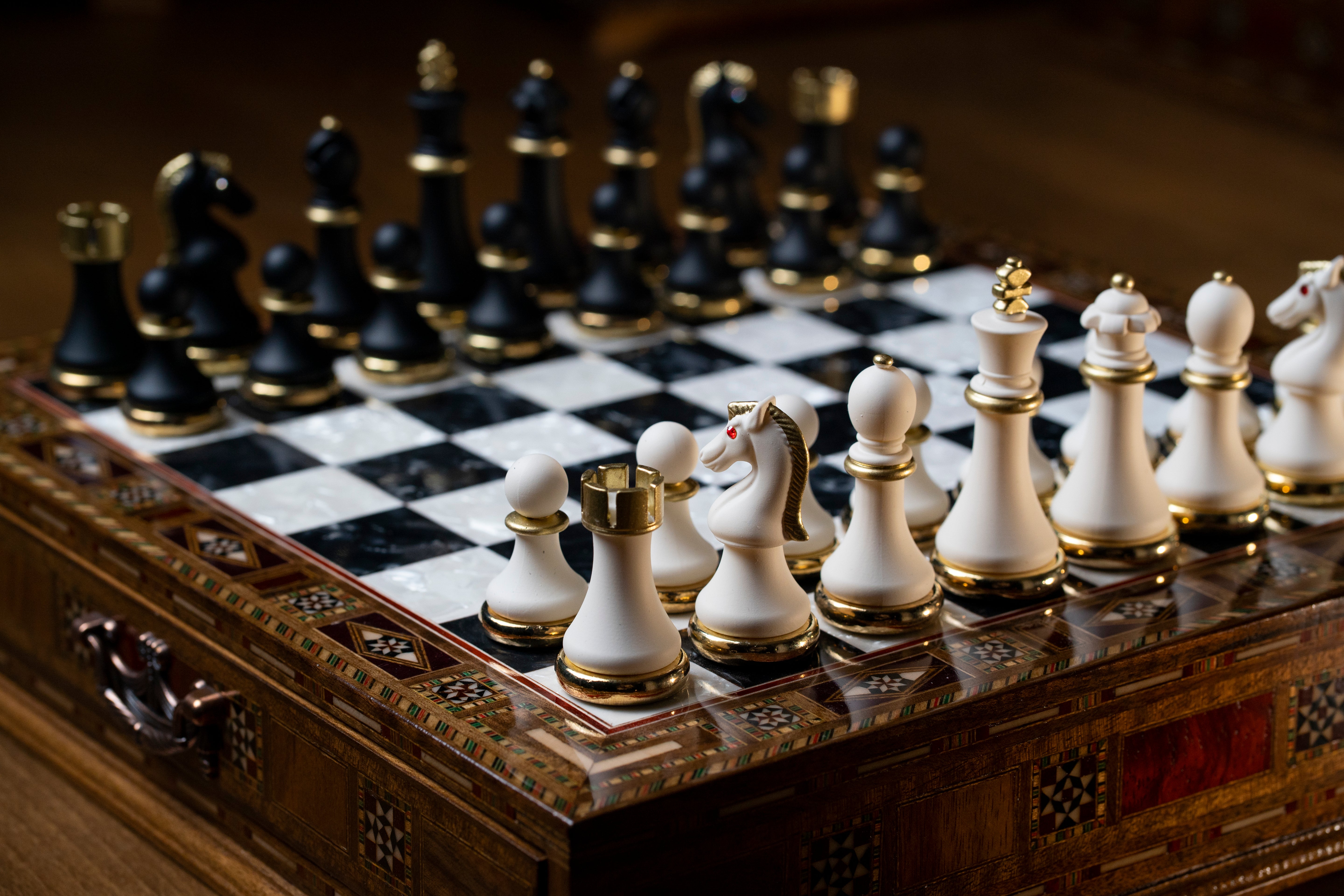
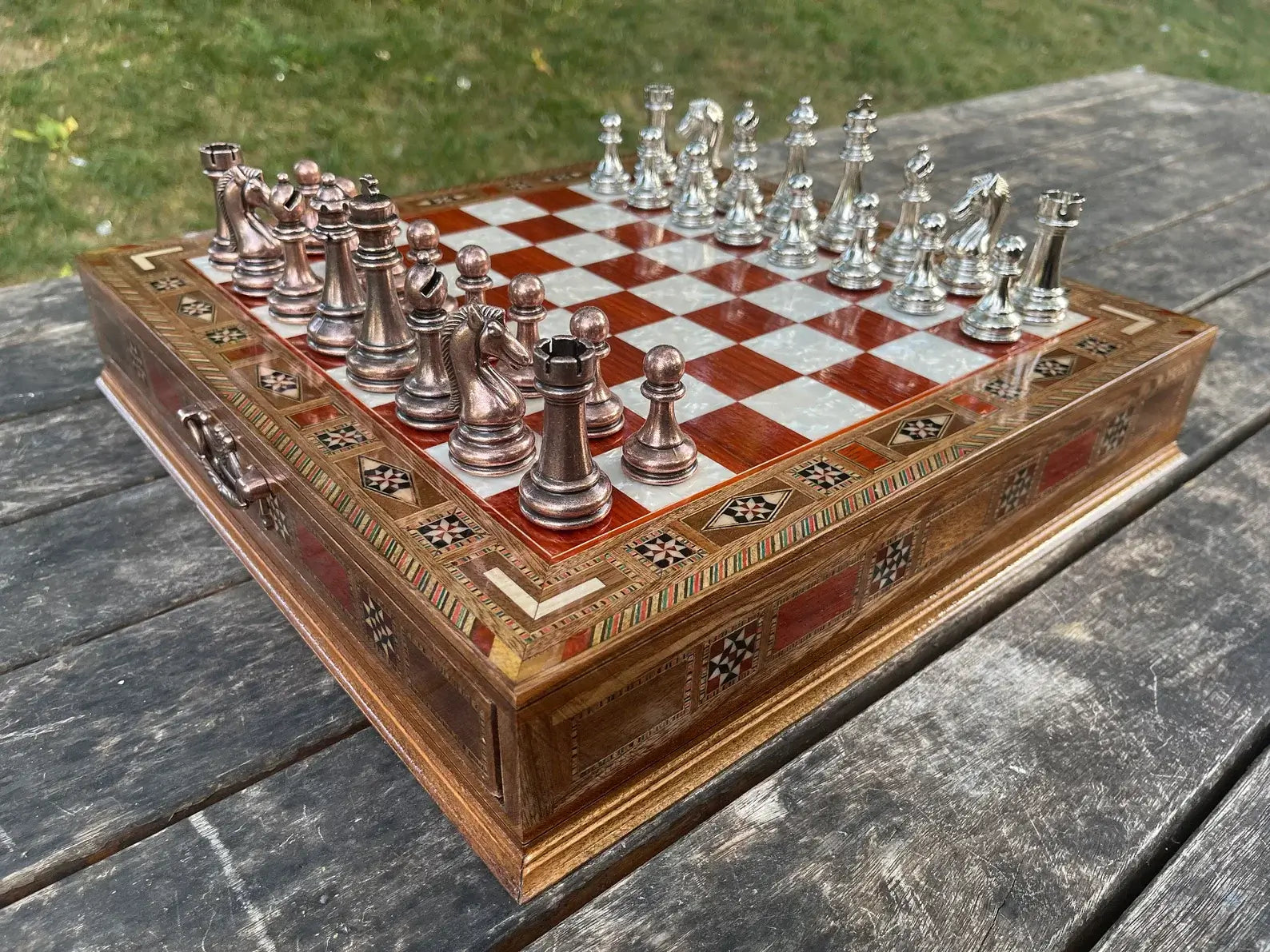
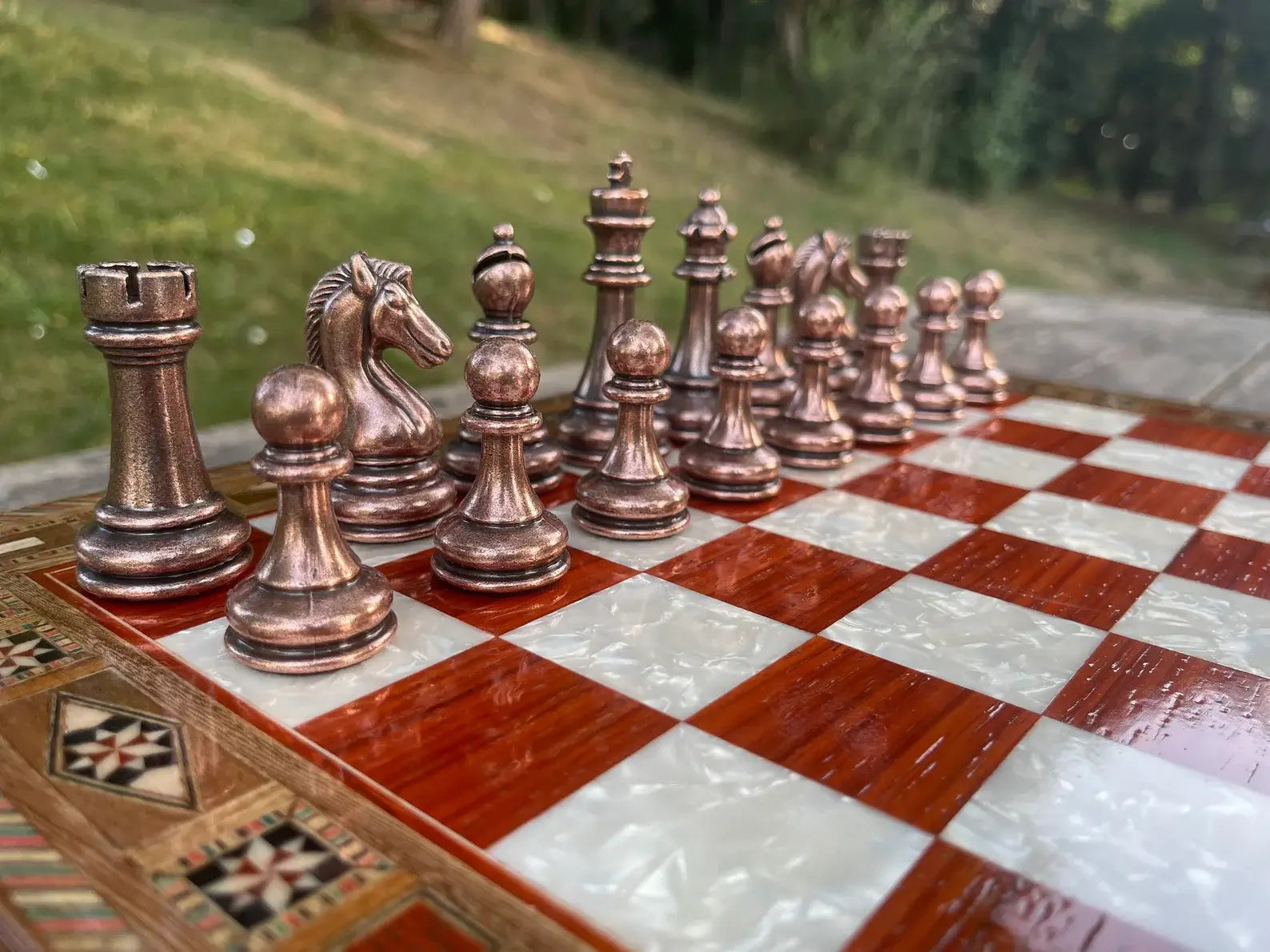
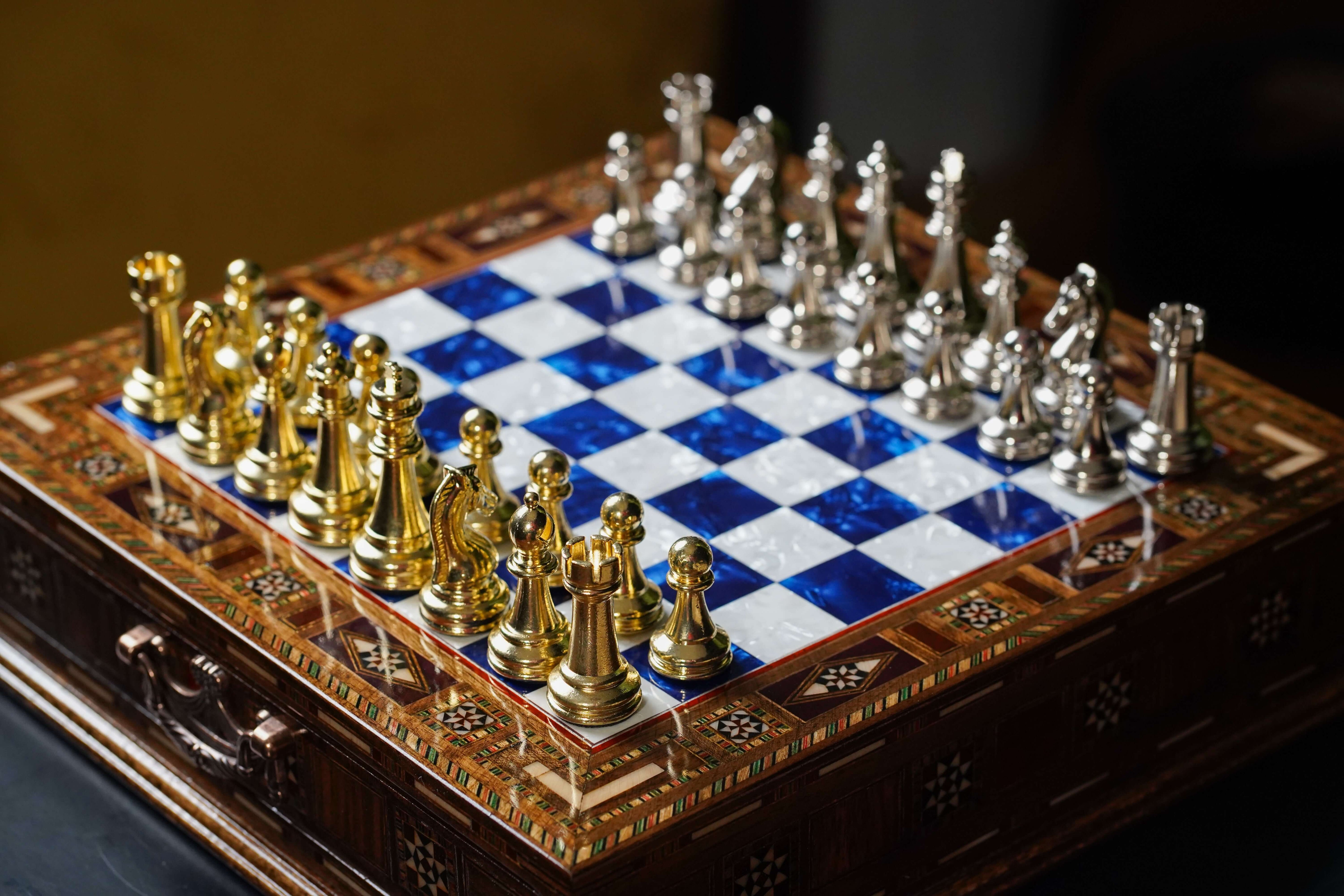
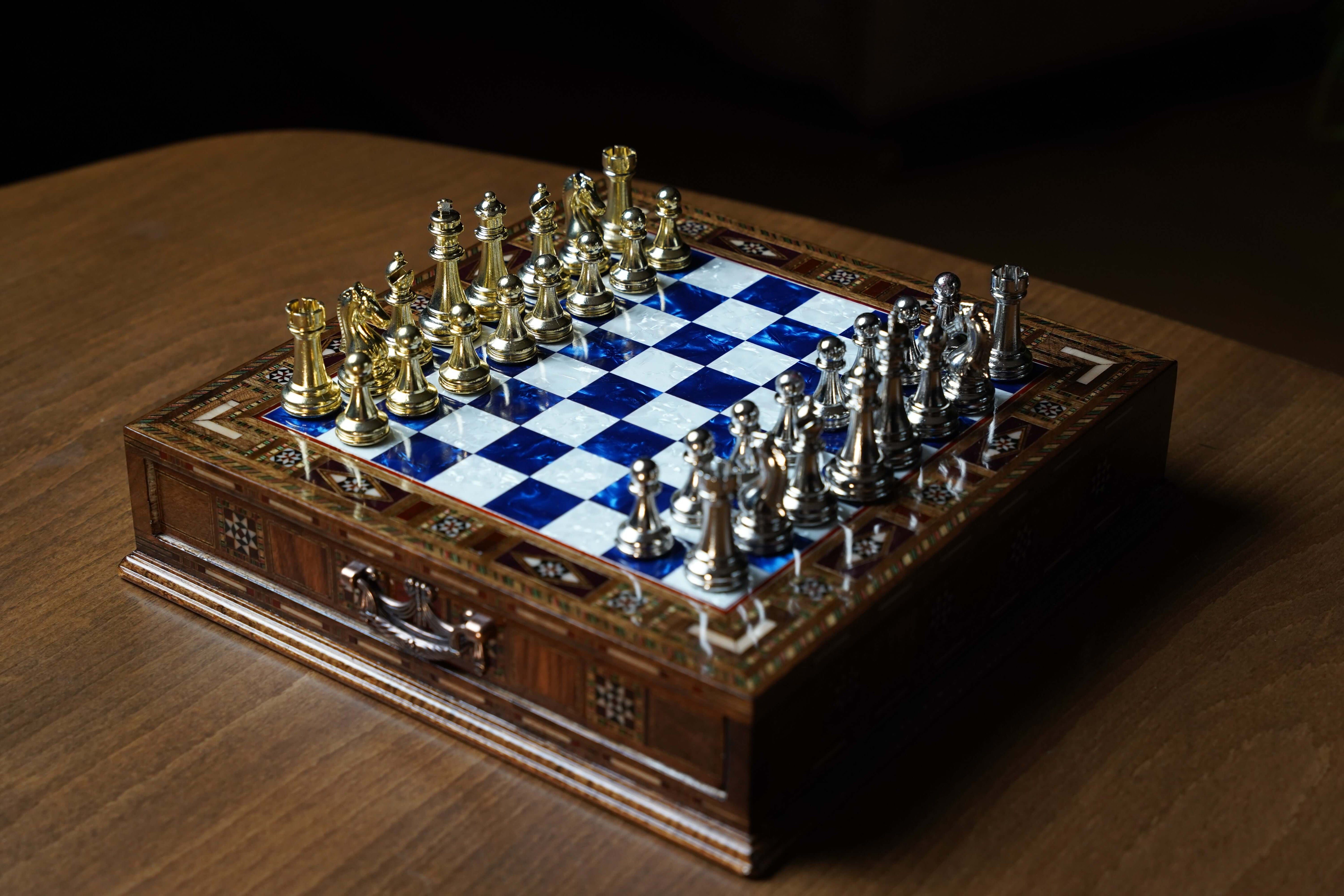
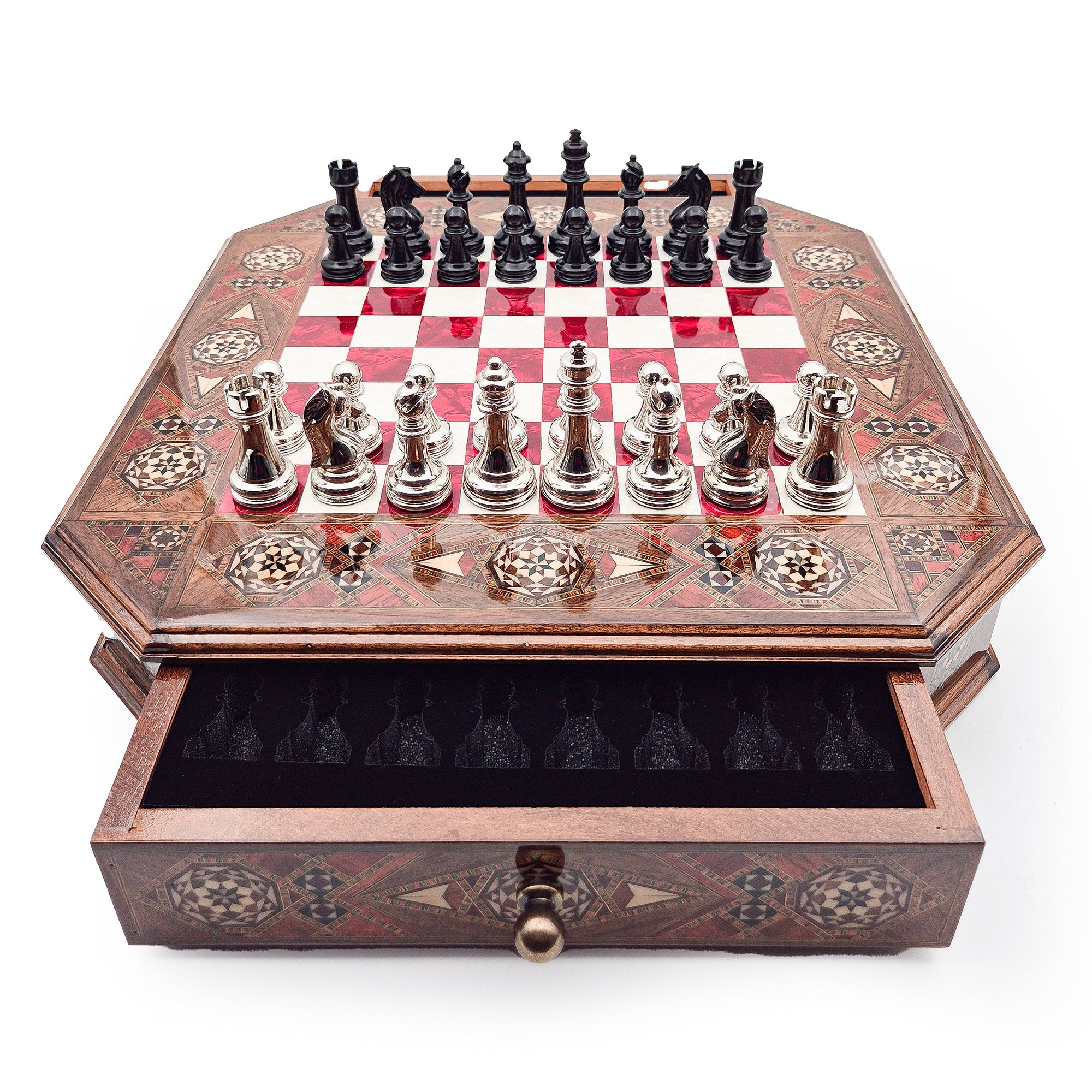
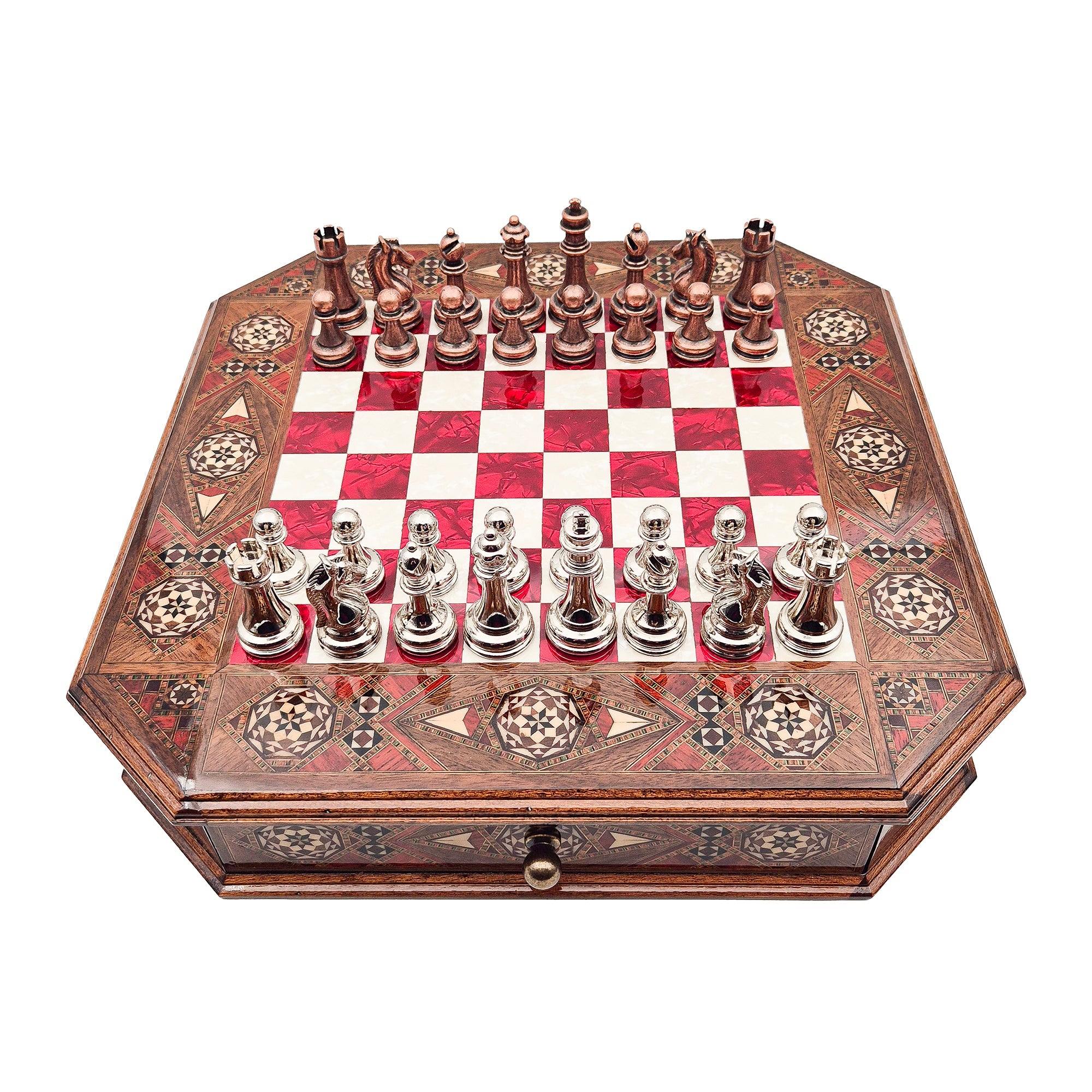
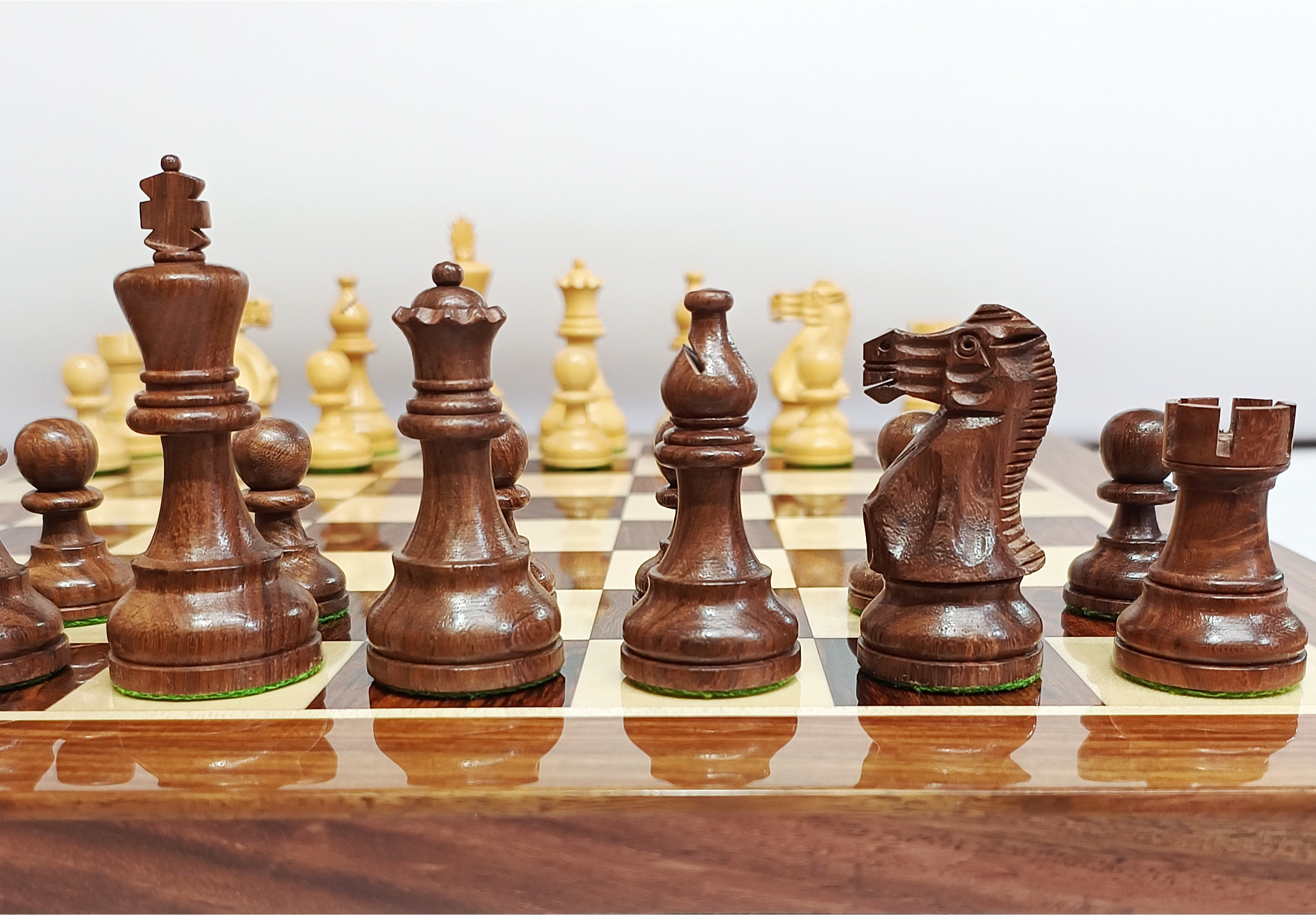
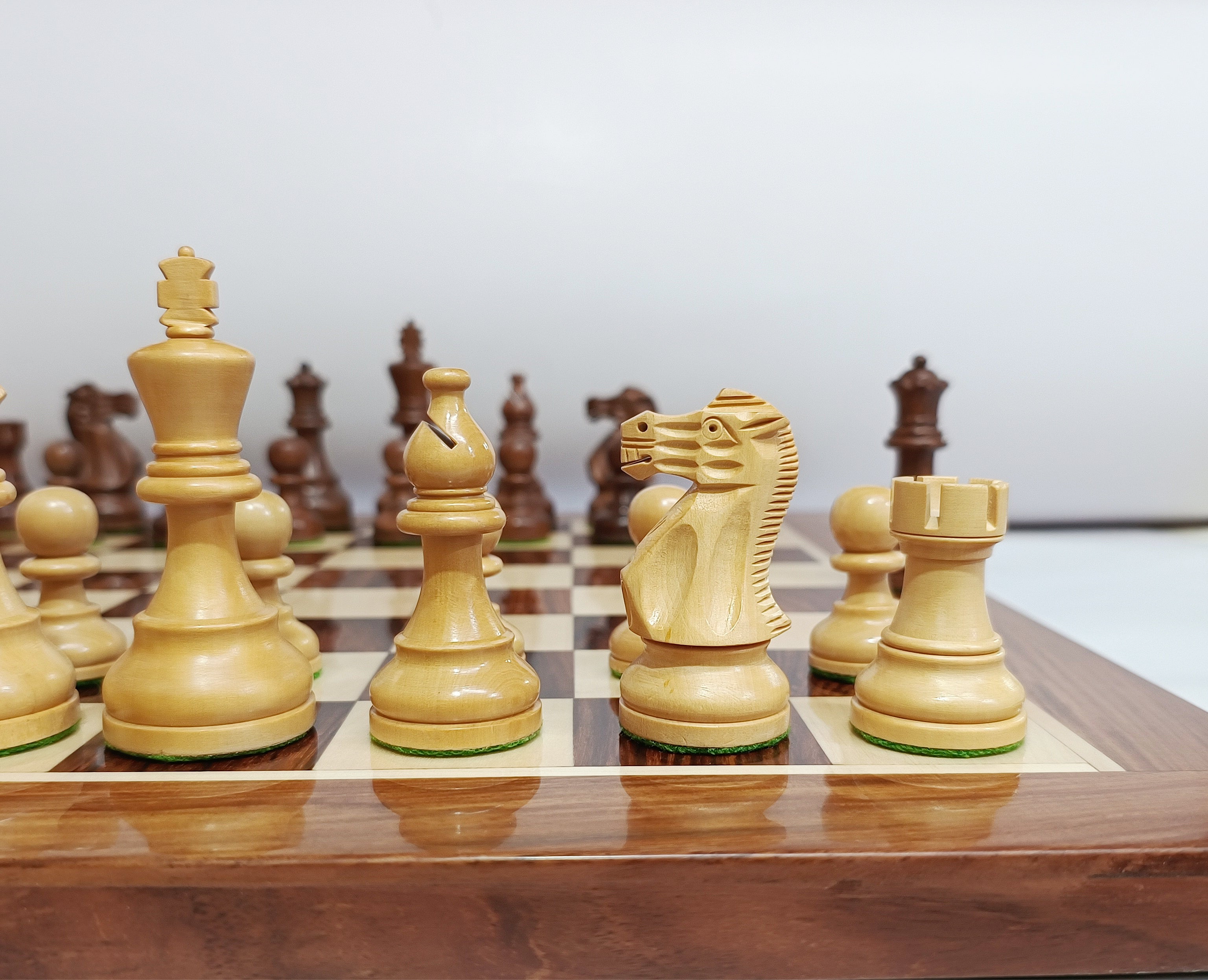
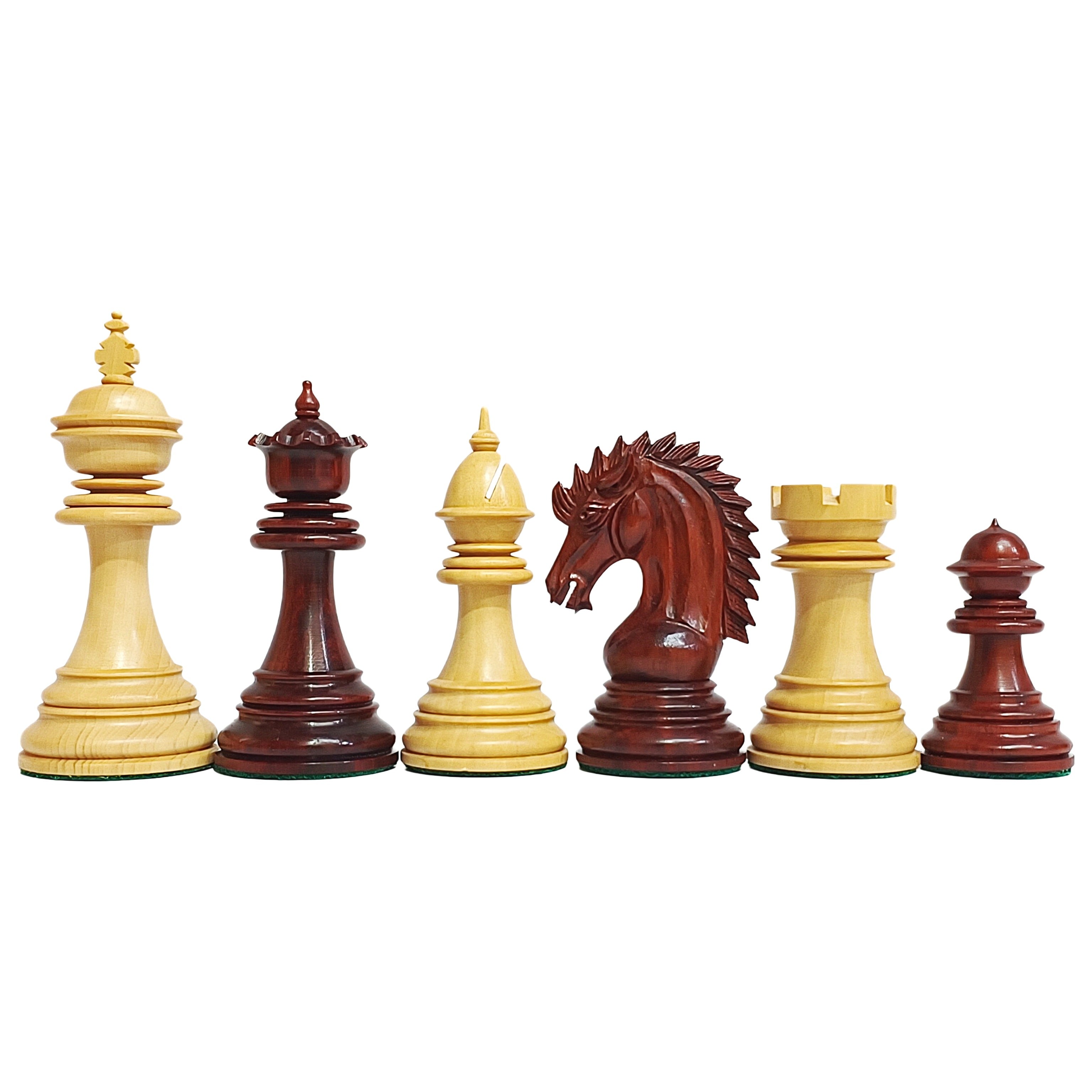
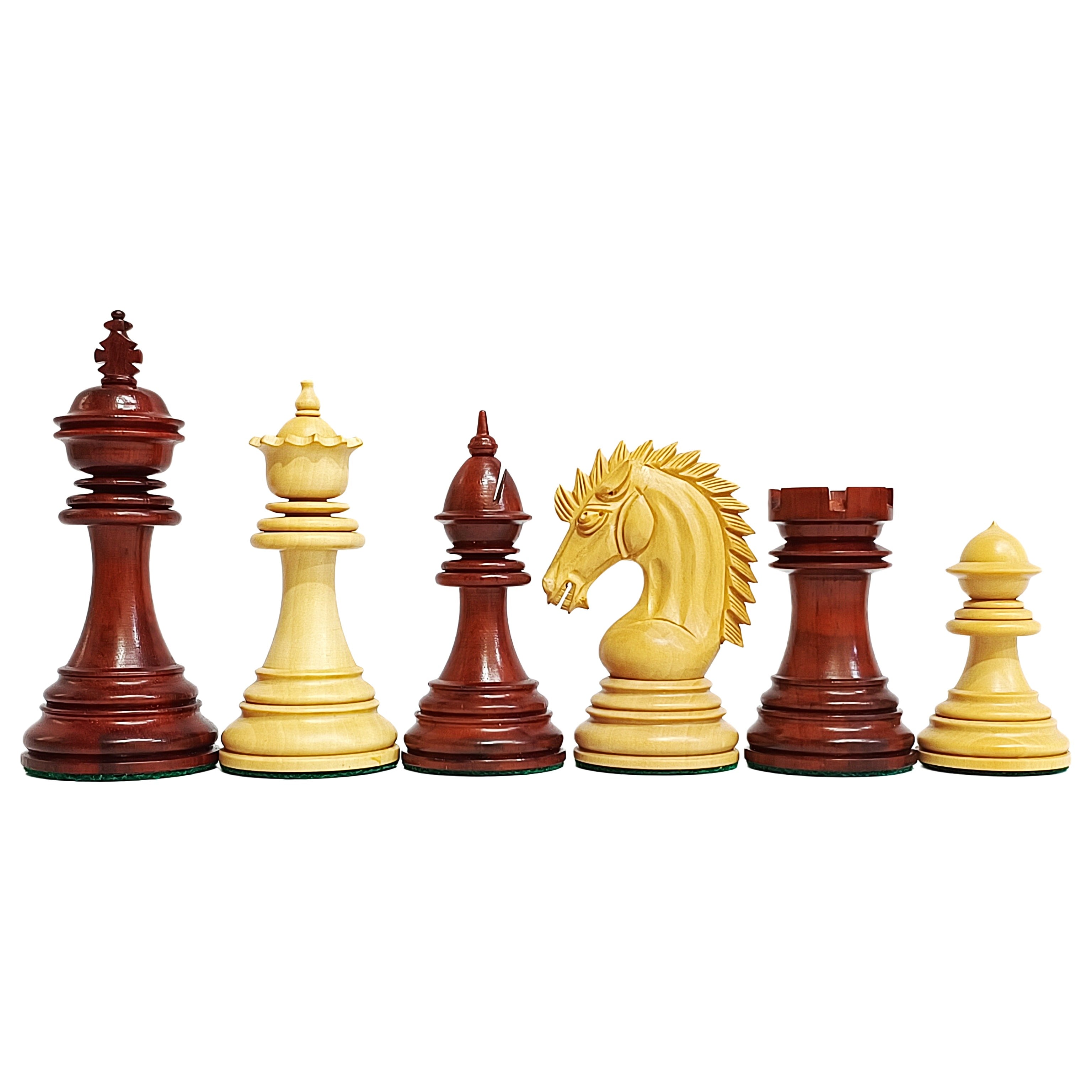


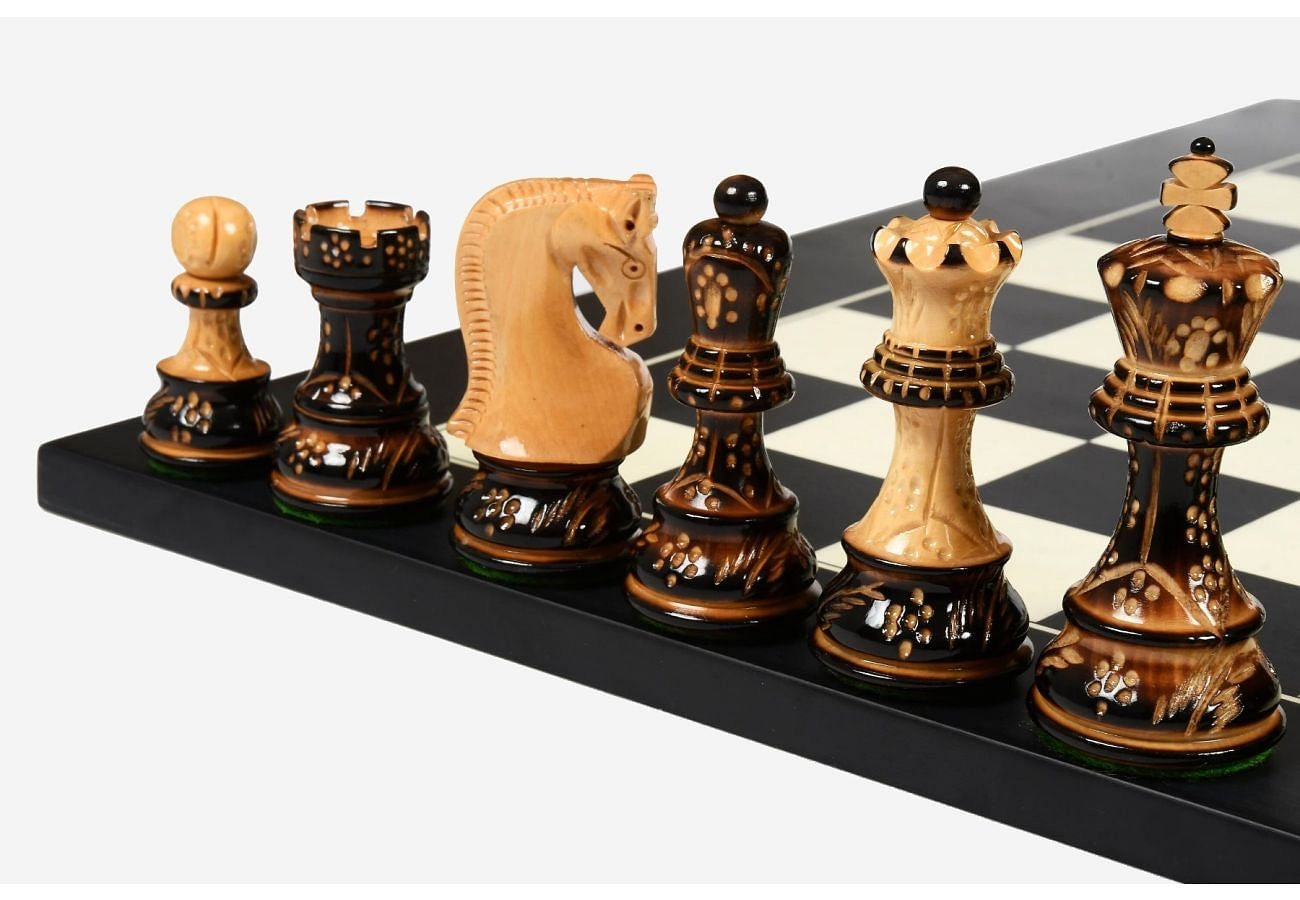
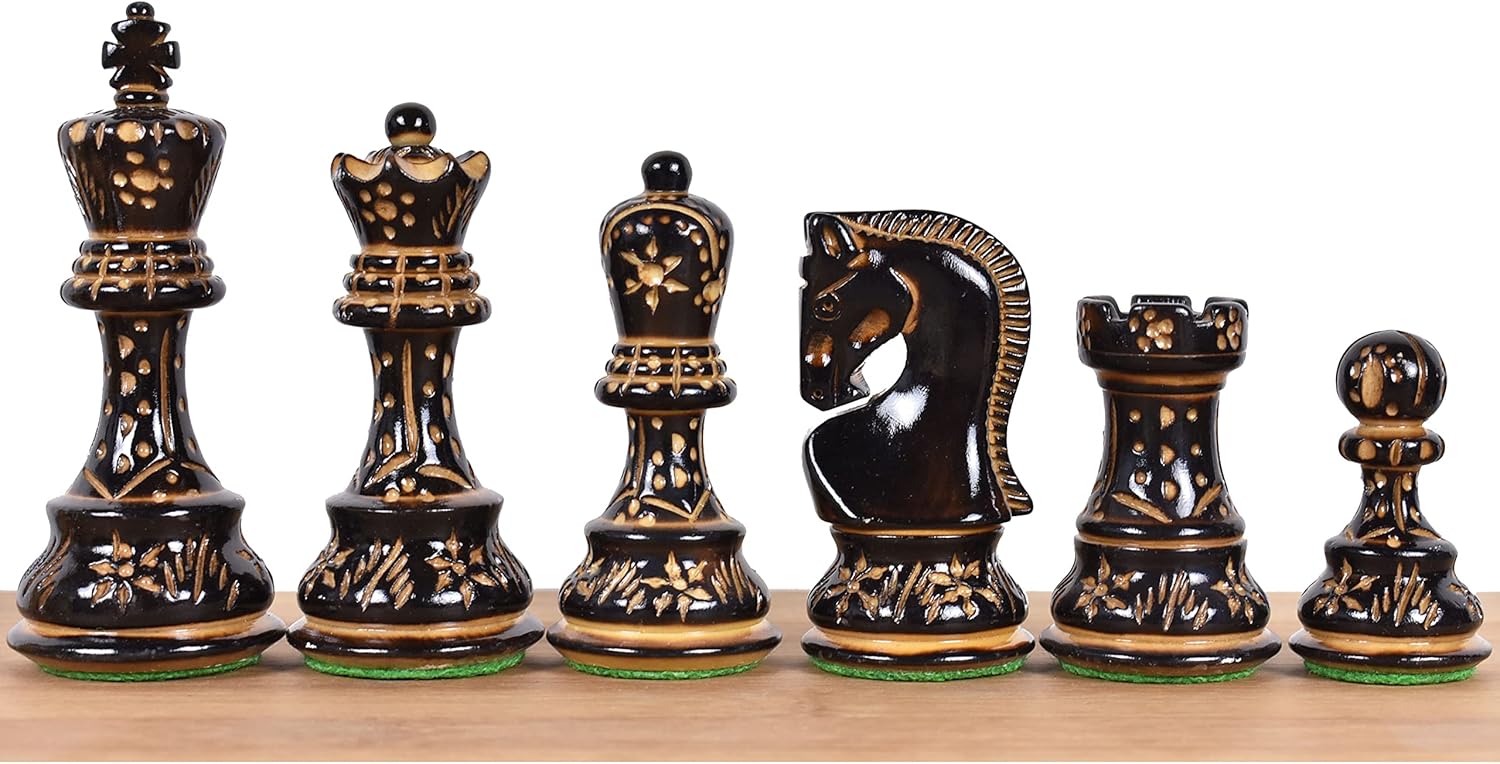
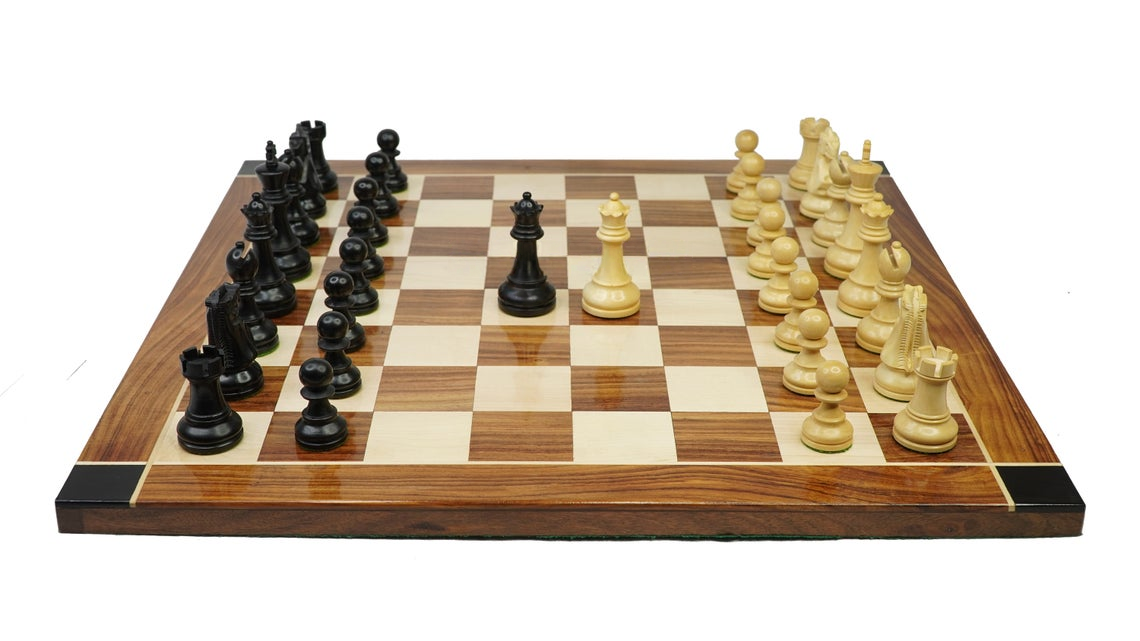
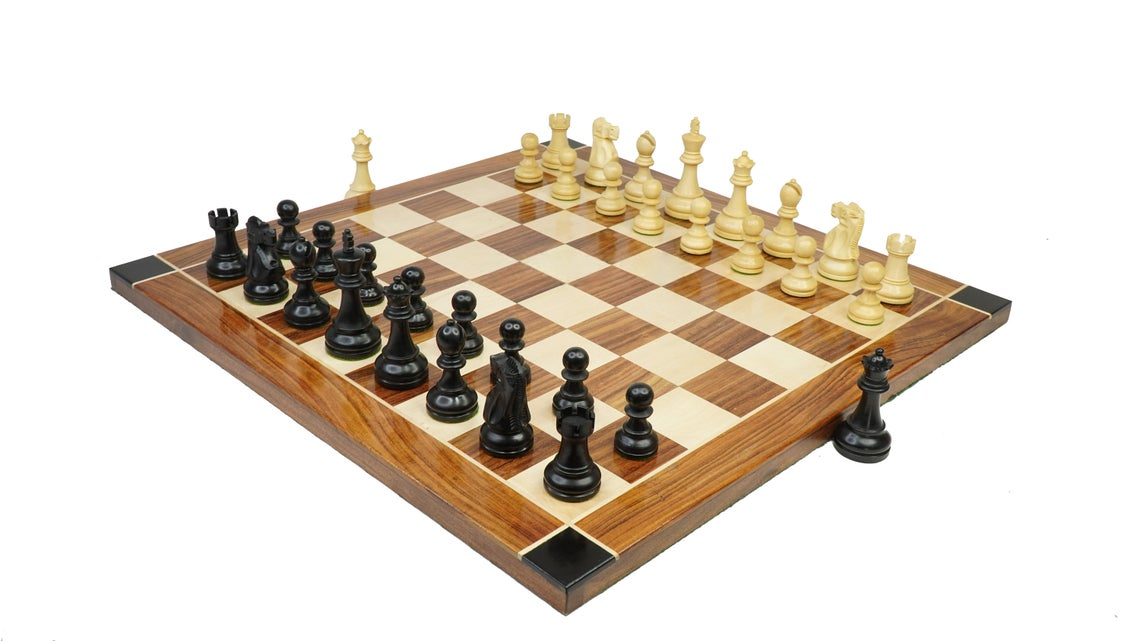
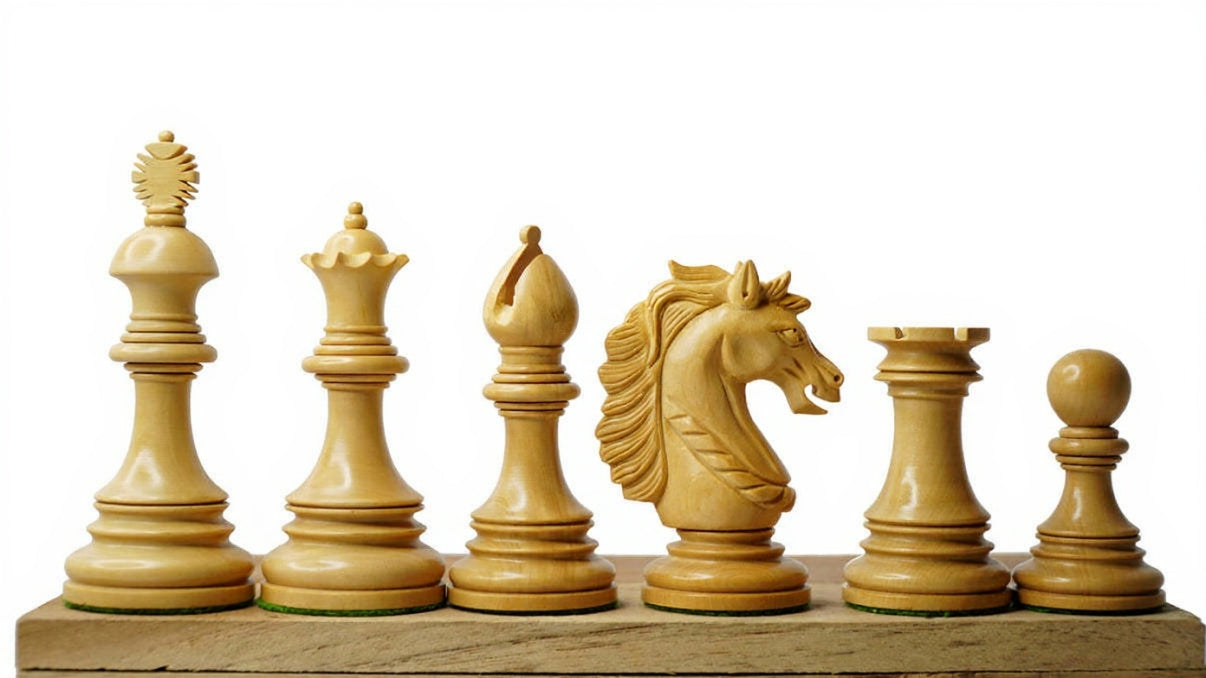
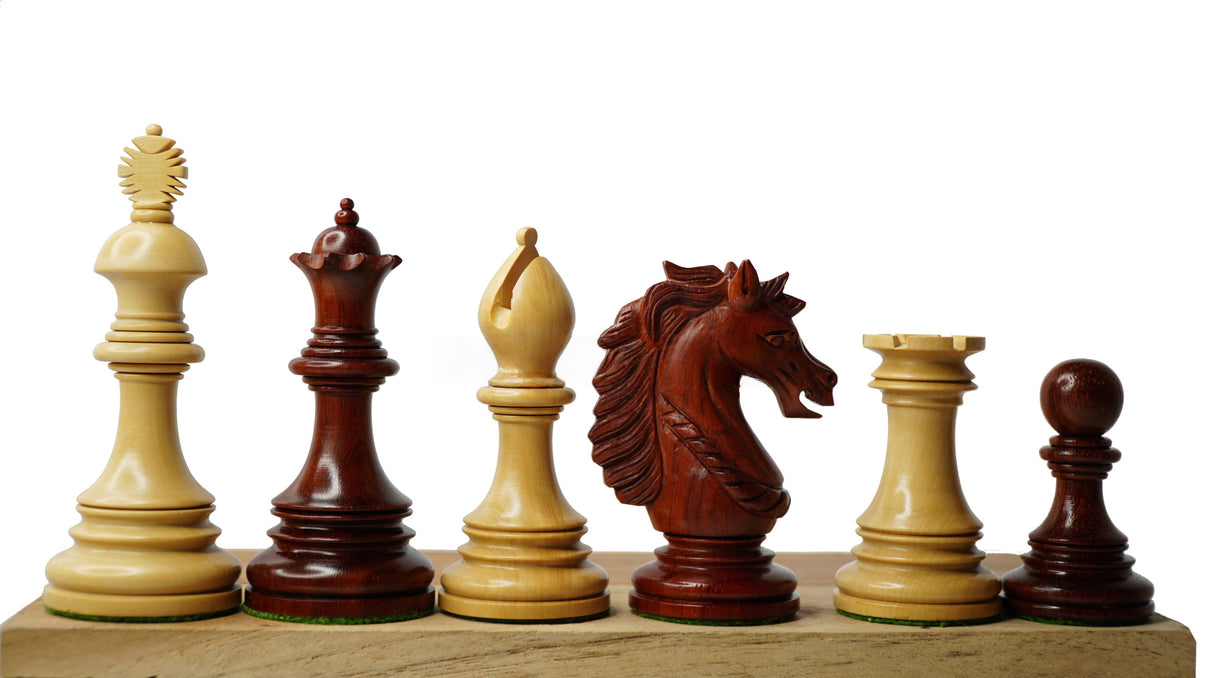
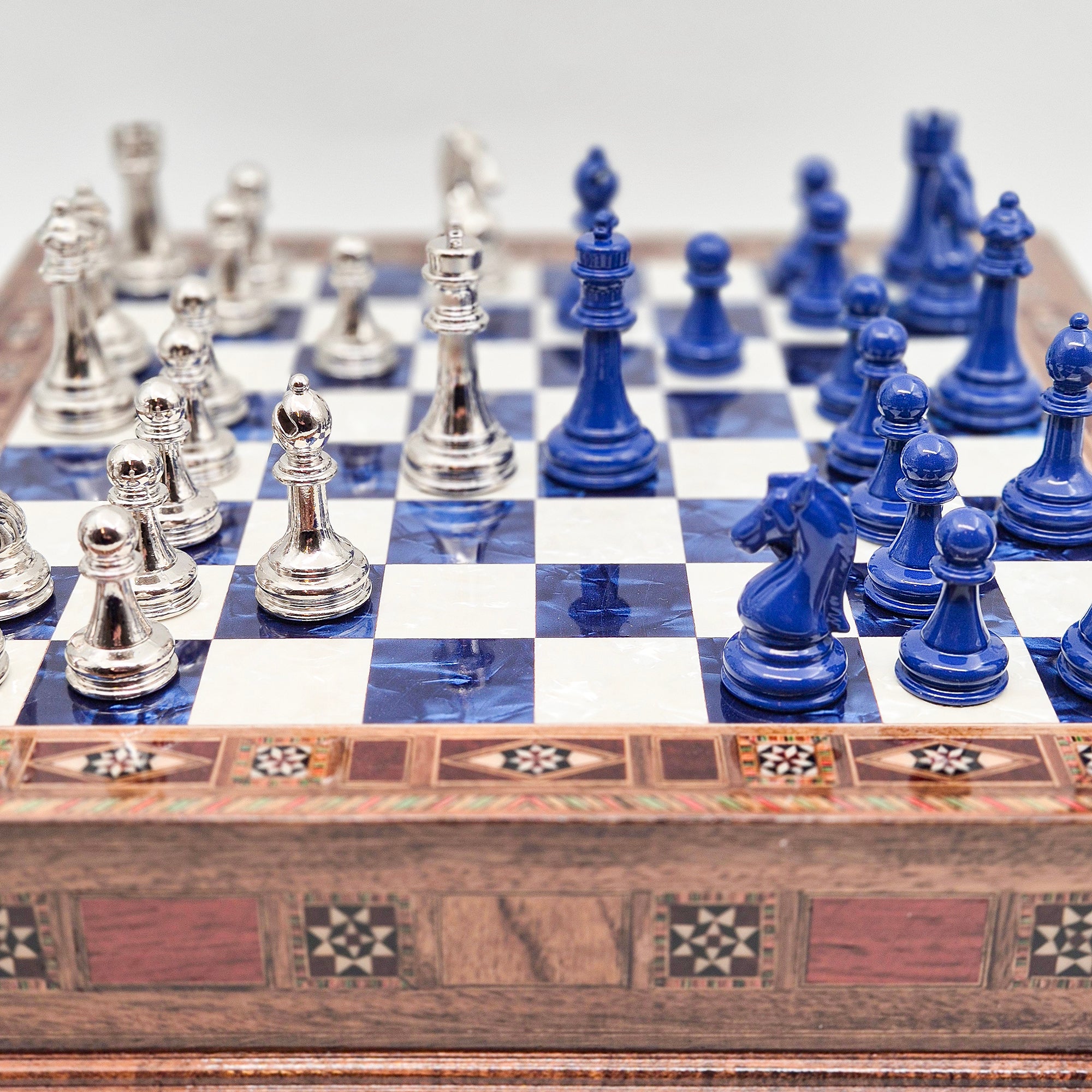
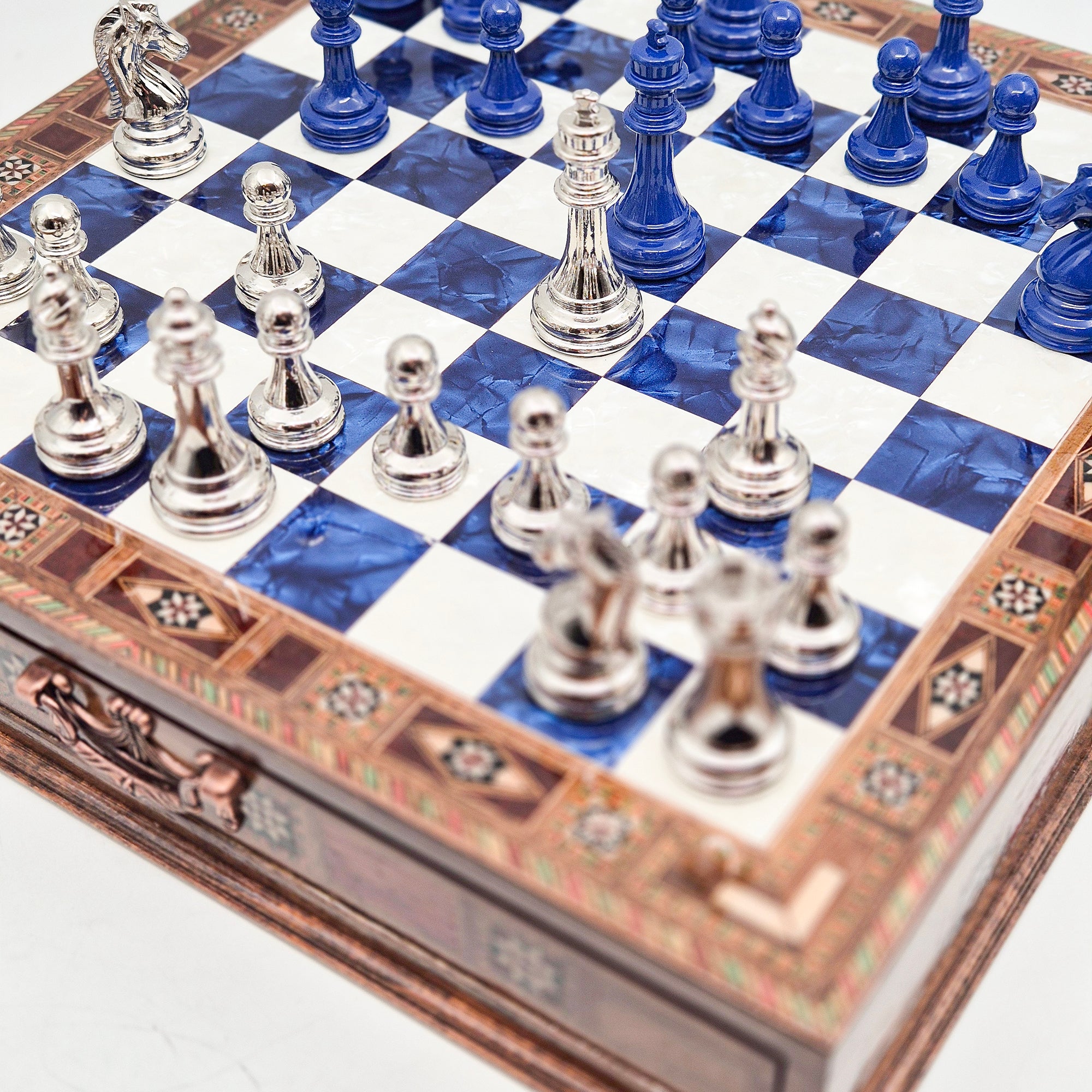
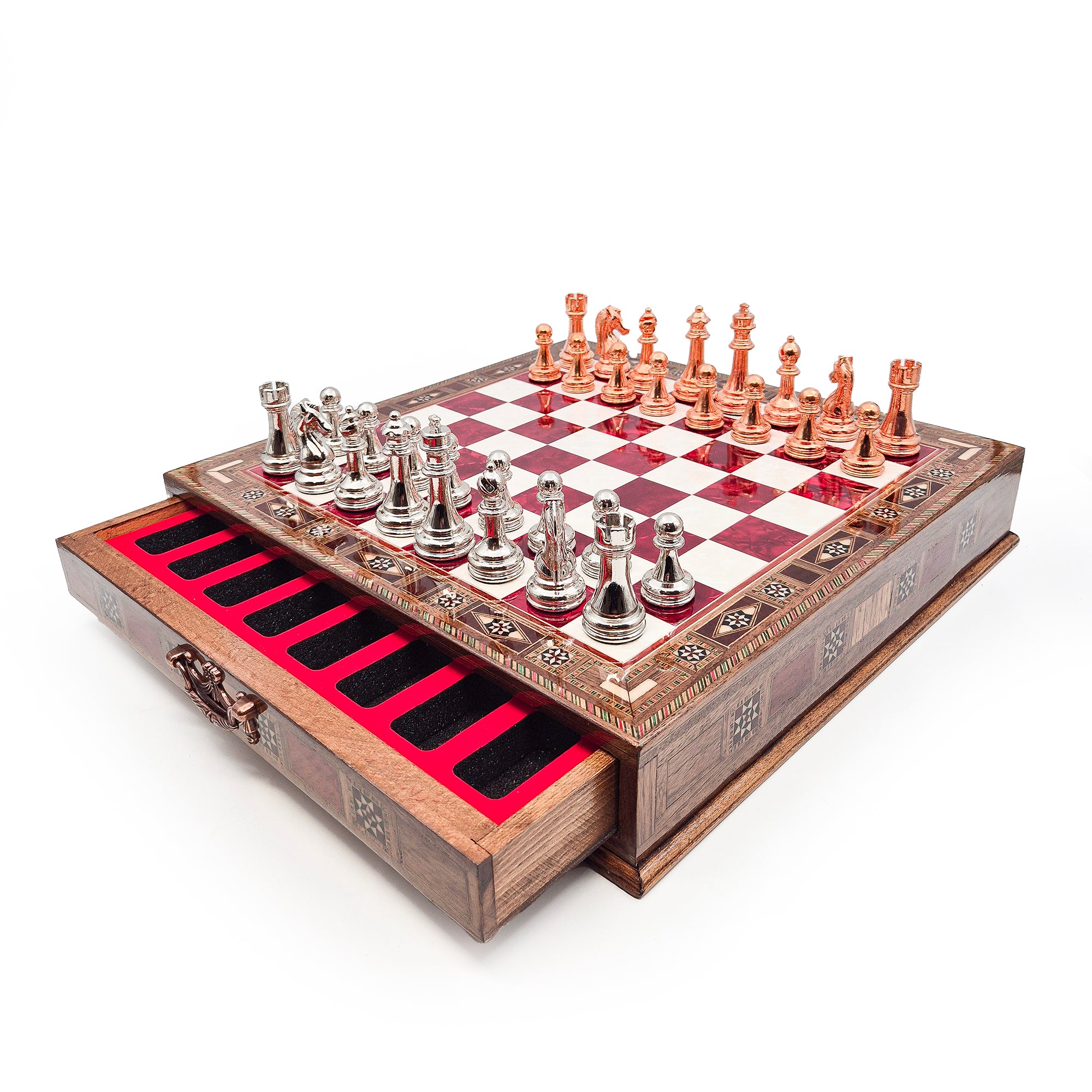
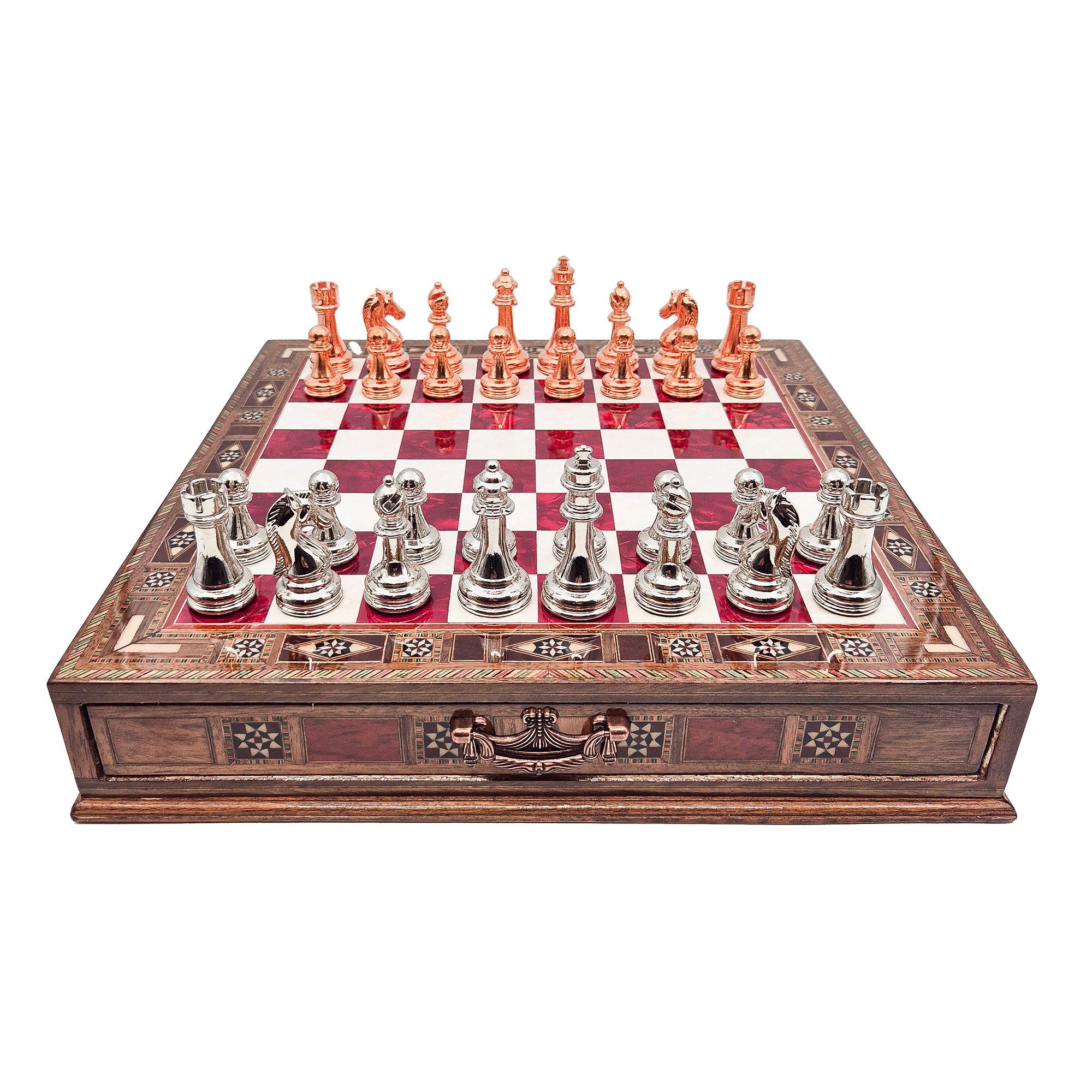
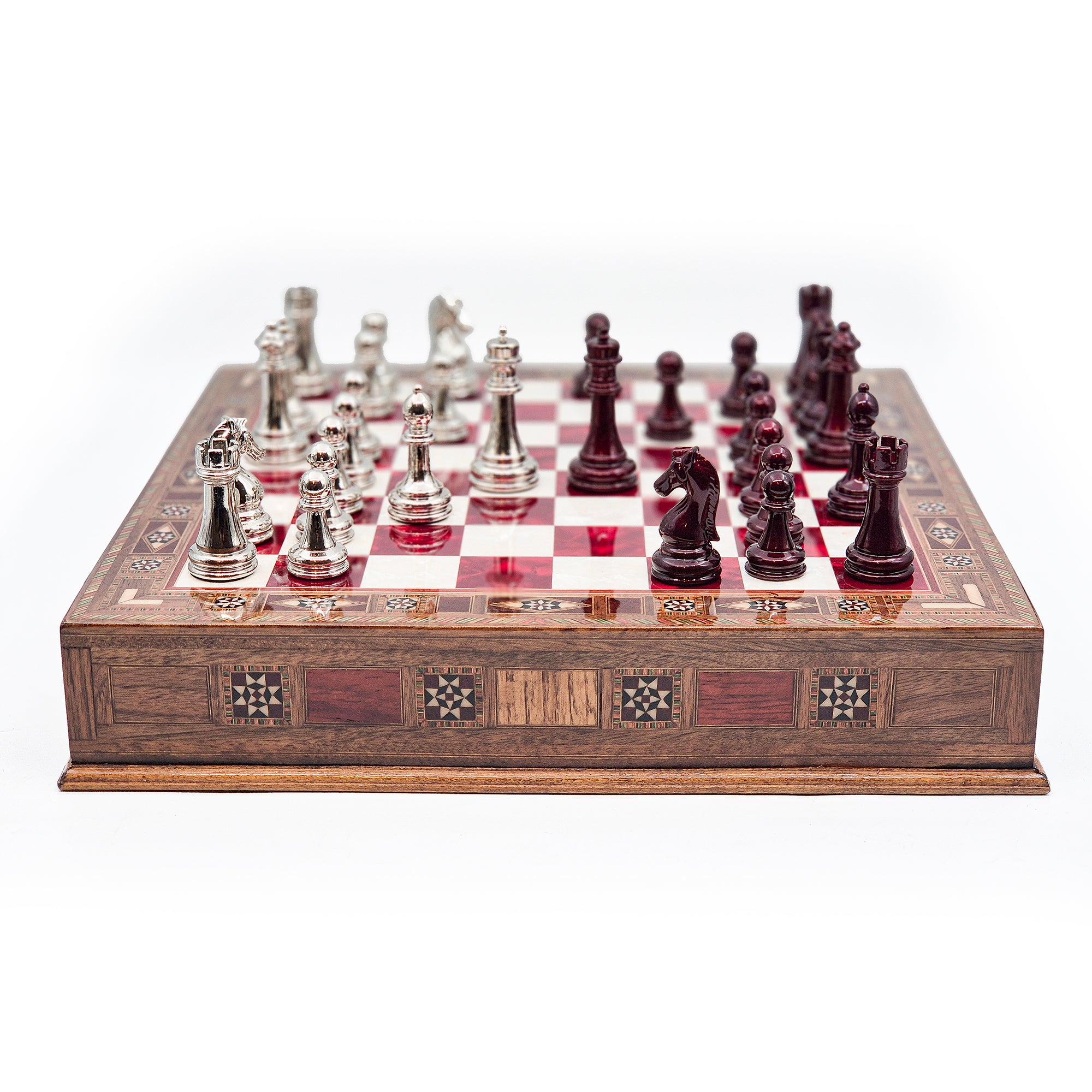
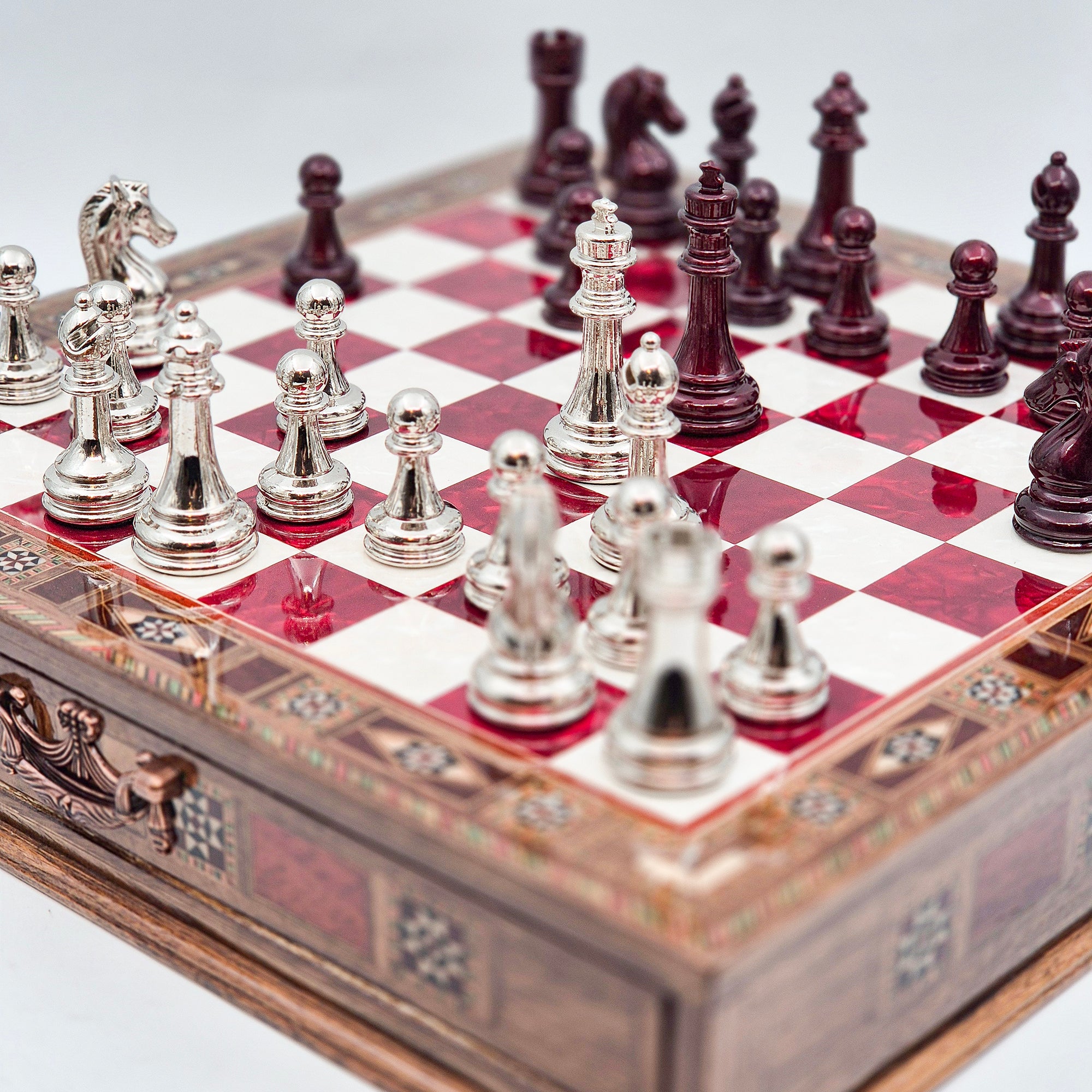
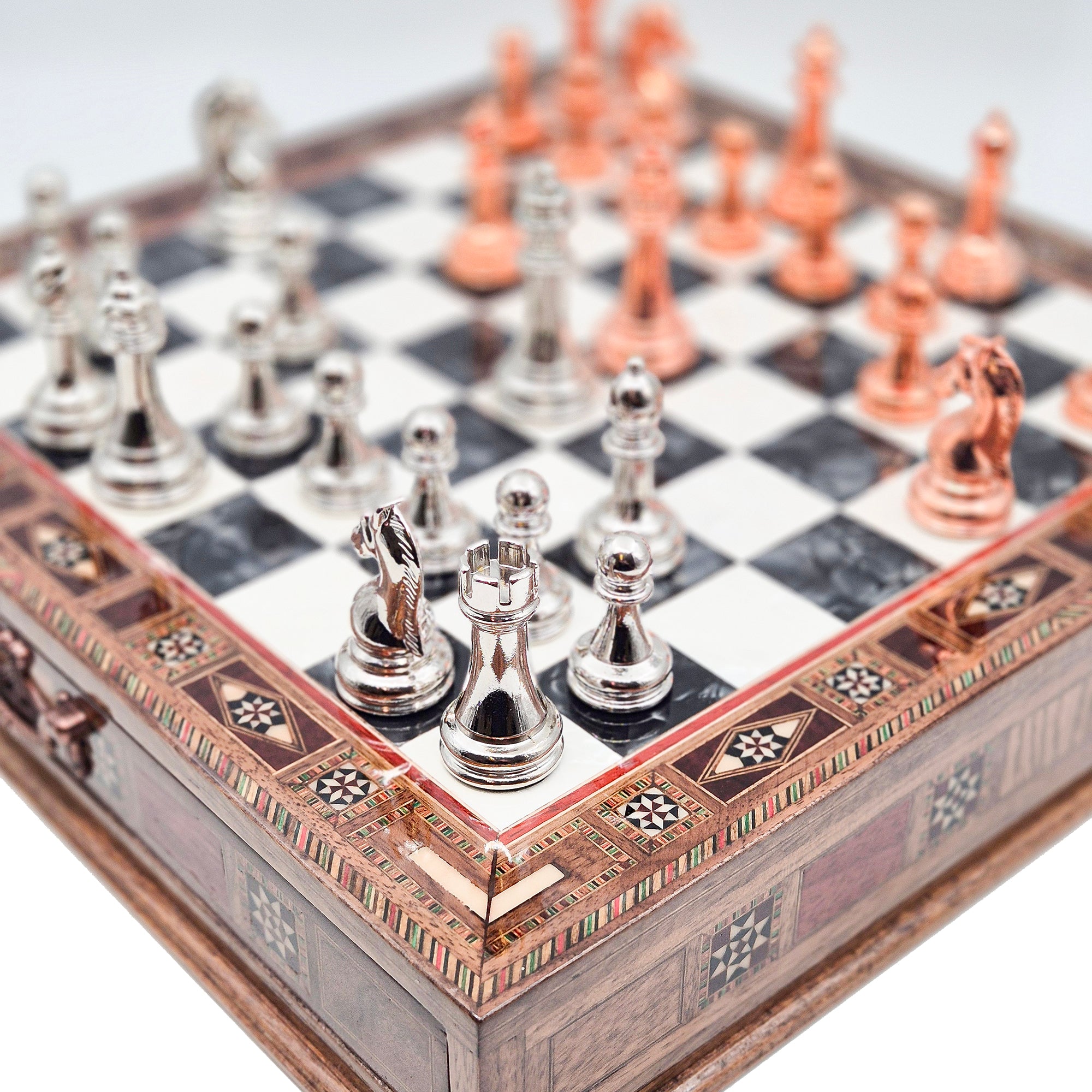
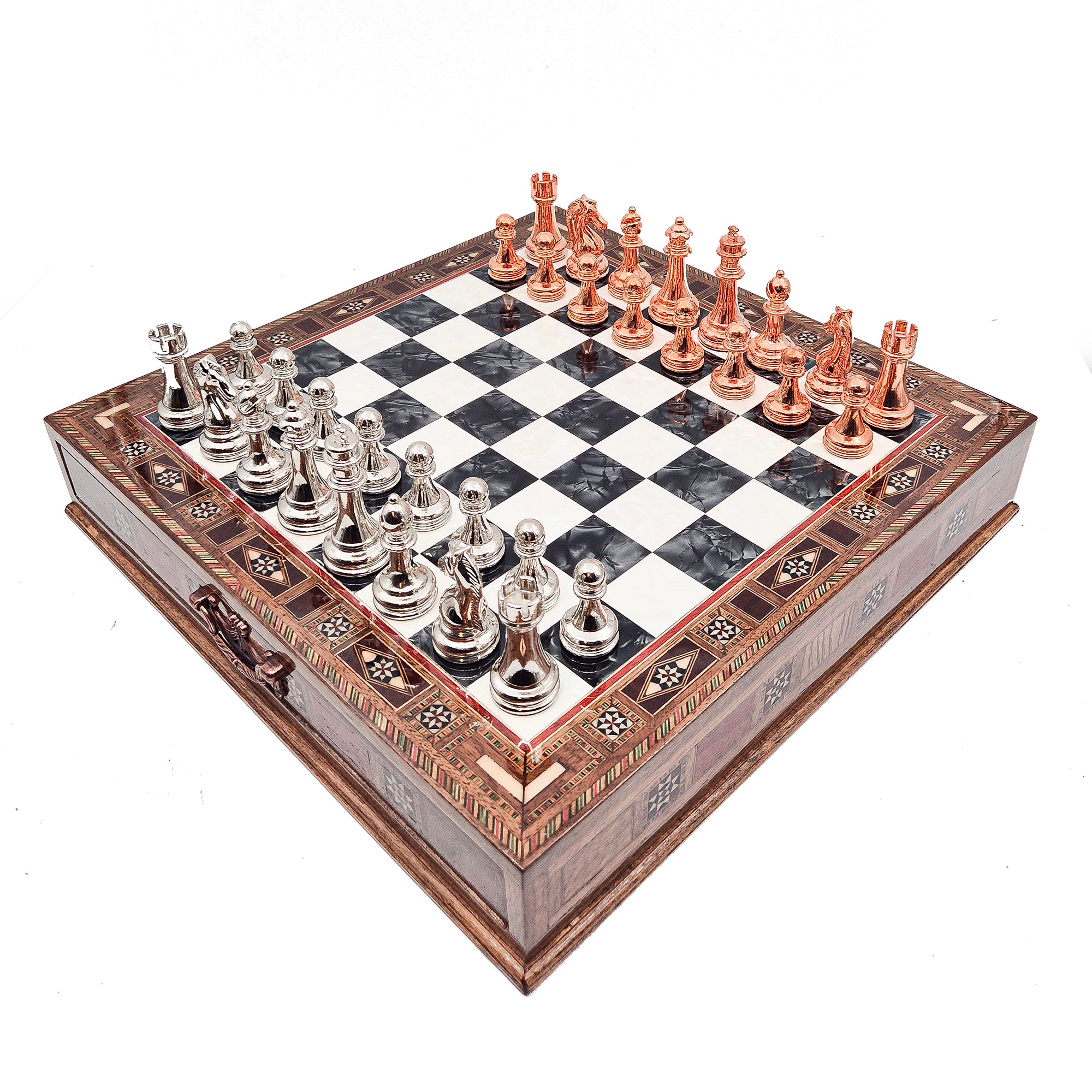
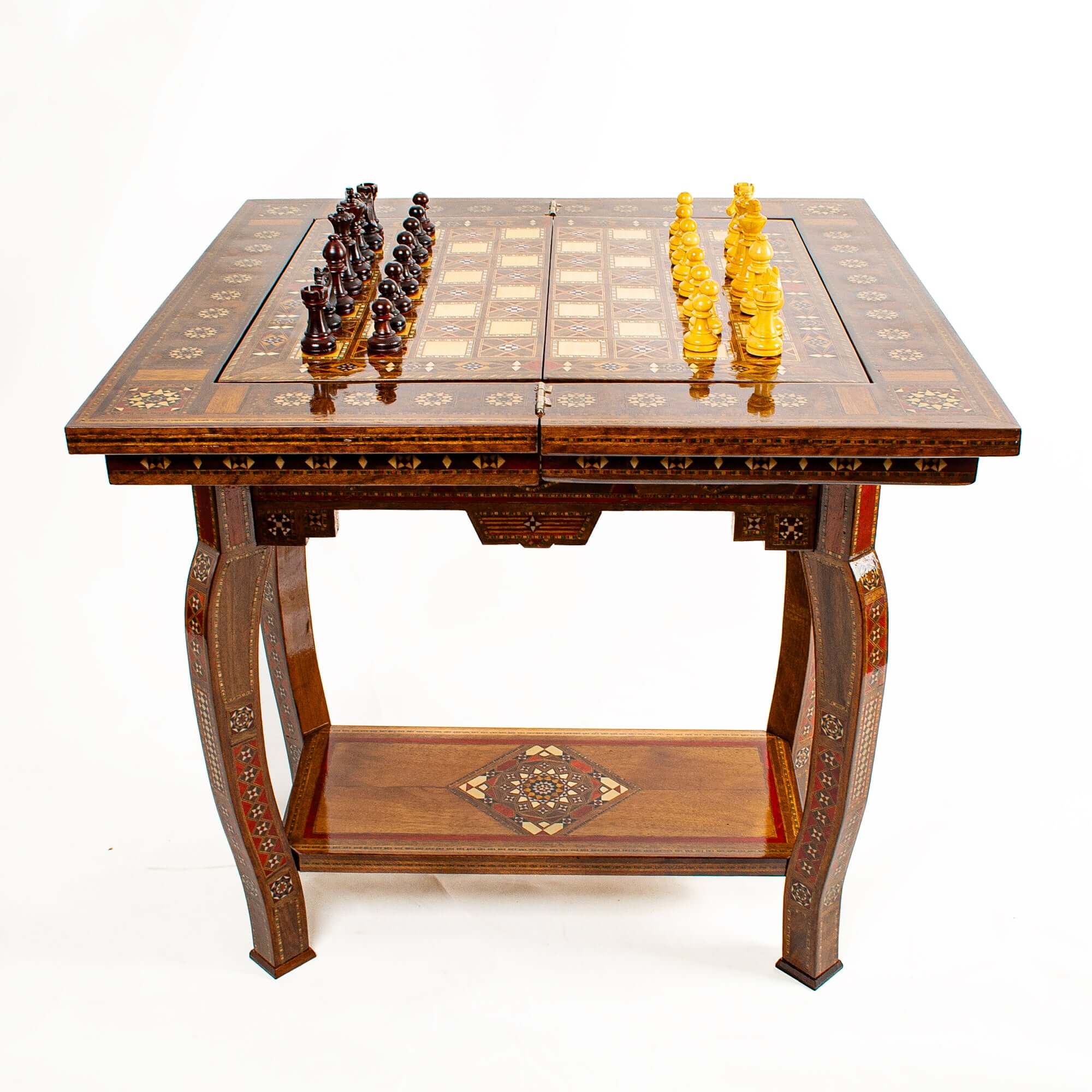

Leave a comment
All comments are moderated before being published.
This site is protected by hCaptcha and the hCaptcha Privacy Policy and Terms of Service apply.